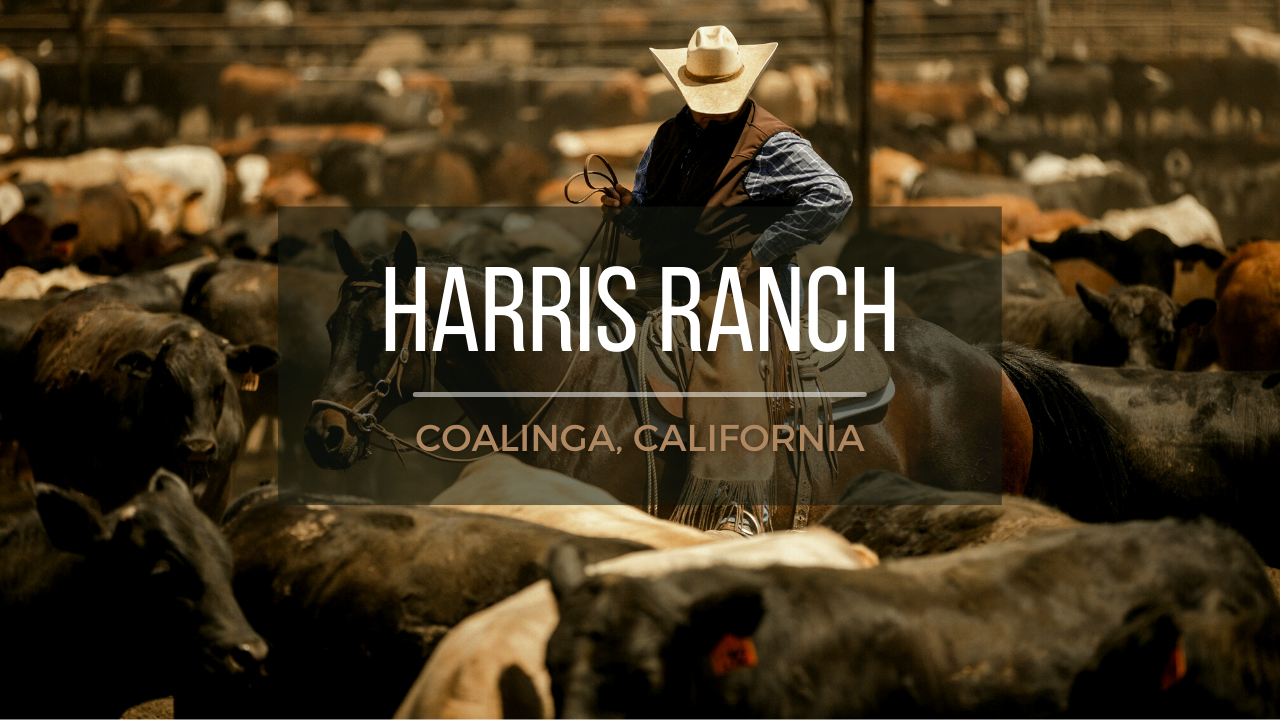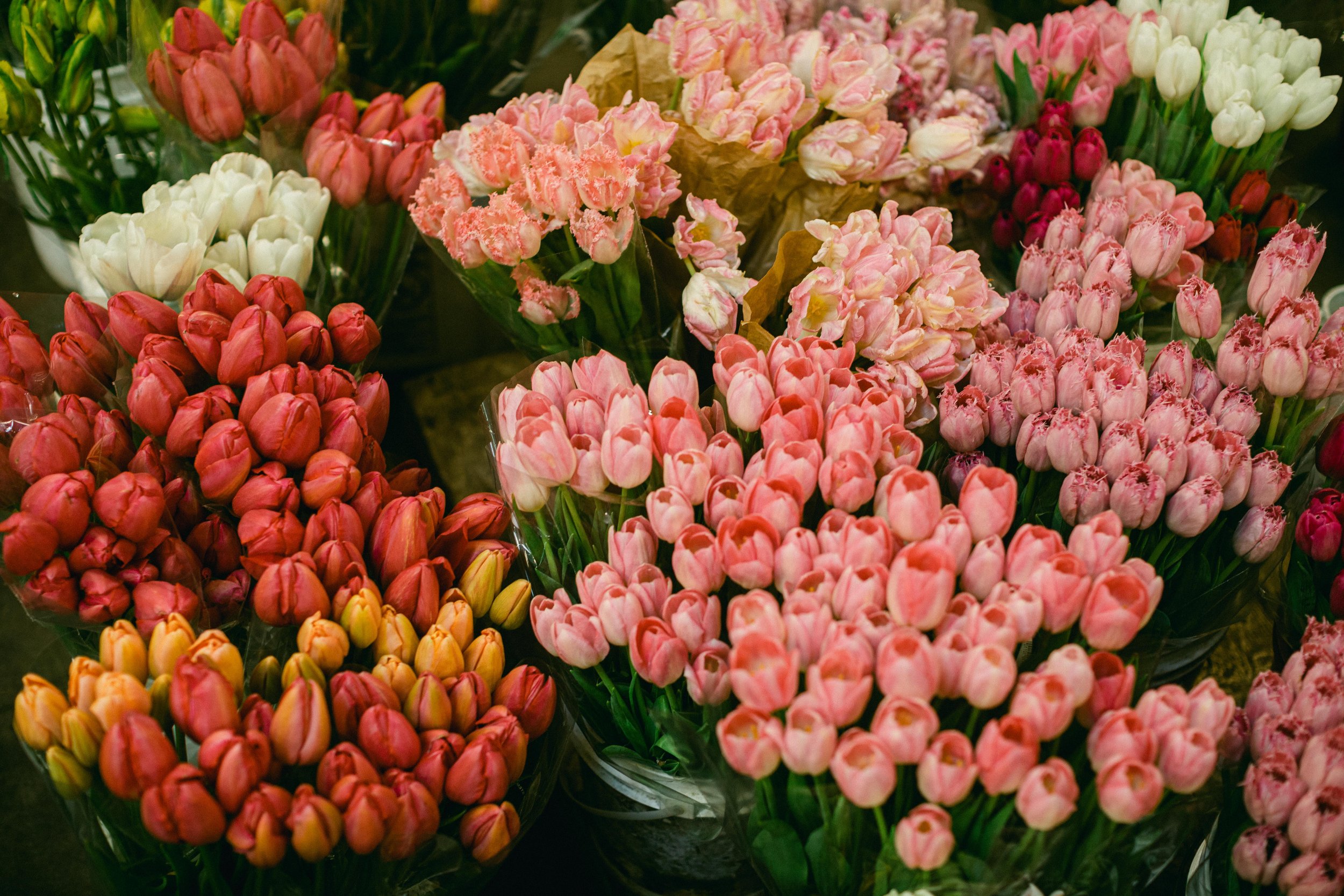
episode 14: Diversity in Agriculture
CALIFORNIA
According to the USDA Census of Agriculture,
in 2017 95% of all farm producers were white and the average age was 57.5 years. The number of females has continued to rise, as of 2017 making up 36% of all producers.
When the average person thinks of agriculture, they probably picture an older white male. This may be the average demographic, but the Backroad Cowgirls are here to highlight the many diverse faces of ag.
There’s no denying that diversity has been slower in agriculture than many other industries.
Court and Kiah sat down with winemaker KJ Block to talk about his experience growing up and building his career within the agriculture industry as a gay man.
KJ BLOCK
grew up on the Central Coast of California and went to high school with Backroad Cowgirls co-host Kiah. They grew up in a very conservative, Republican, and Catholic area.
He loved the way he grew up in youth agriculture organizations like 4-H and FFA and serving in various leadership roles. His love for agriculture was so deeply rooted that he went on to earn his degree in Viticulture and Enology at California Polytechnic State University, San Luis Obispo to pursue a career in the wine industry.
He does admit, though, that agriculture traditionally hasn’t been the most open and welcoming space to those that are different or don’t identify with the norm, whether it’s people of color, different sexual orientations like himself, or even women.
“It's been difficult, but I think we’re getting better as an industry. I think we’re coming to an understanding that the diversity that all people offer has been great. Is it a little slow? Yes, but hey, it’s still some progress.”
As we enjoyed a bottle of J Winery bubbly he made himself, KJ opened up about his challenges personally and professionally as a member of the LGBTQ+ community.
While KJ understands older generations were brought up in a different time and culture, he urges people to at least be tolerant. He encourages others that no matter what, you have to learn how to be true to you and keep pushing forward.
KJ says sometimes it’s about trying something new and living in a different place where you can feel accepted and comfortable to be your authentic self, whether in agriculture or not.
“It will get better… It’s finding amazing friends and people who understand and accept you. It’s having the strength to even know when to leave sometimes.”
After spending years studying, traveling, and working all over the world as a winemaker, KJ has since pivoted careers to practice what he preaches and try something new in his latest role at Amazon in Seattle, Washington. While his day to day job may no longer include crafting delicious wine, his roots in agriculture will always remain strong.
“It’s okay to not fit in. Go find a place where you feel like you belong. Don’t feel like you need to change yourself or make yourself smaller to have people accept you. If people aren’t going to accept you for the way that you are, you don’t need those people.”
Thanks to strong examples like KJ who are showing up authentically as themselves, things are beginning to change. The agriculture community is starting to understand that diversity enriches the industry even more.
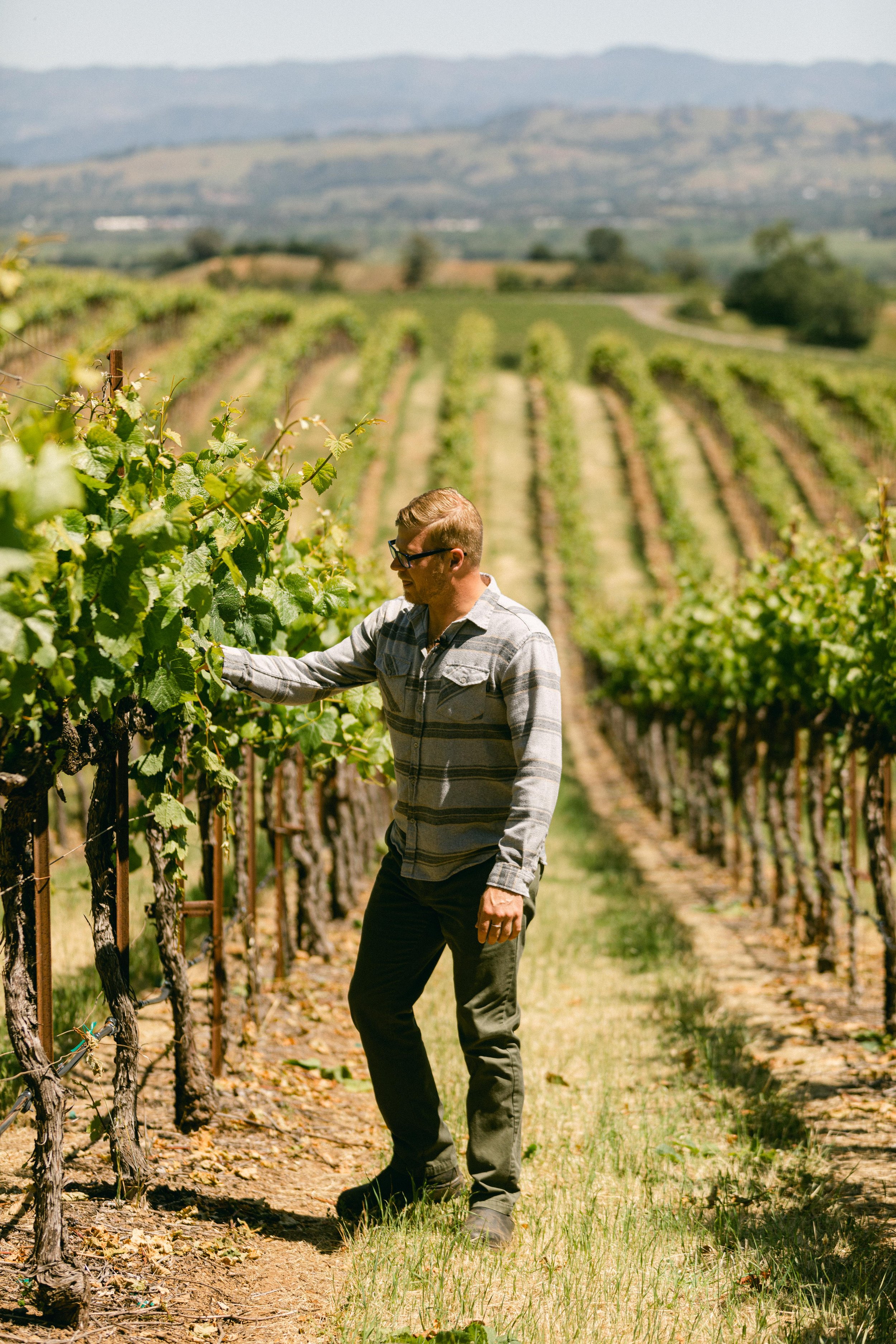
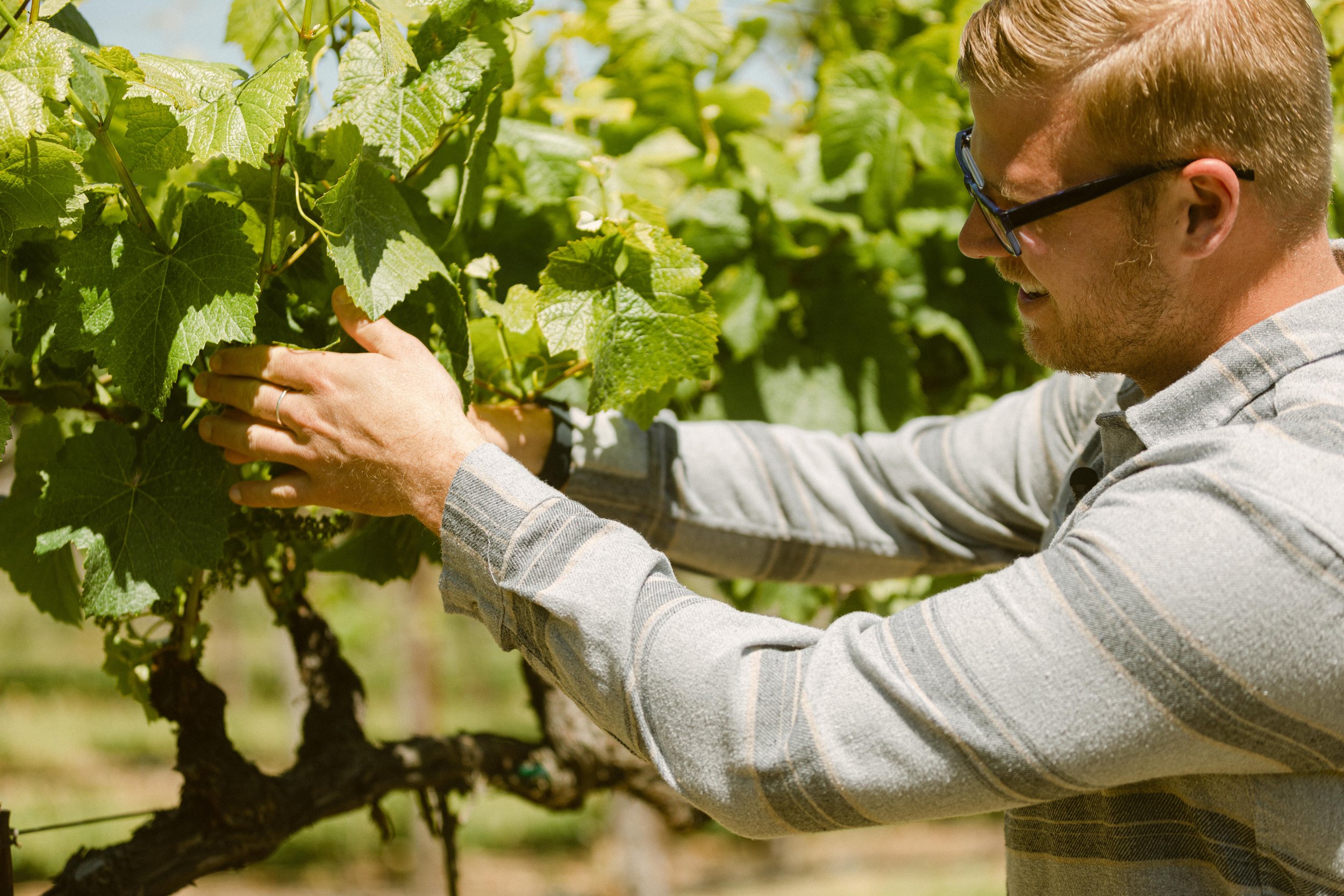

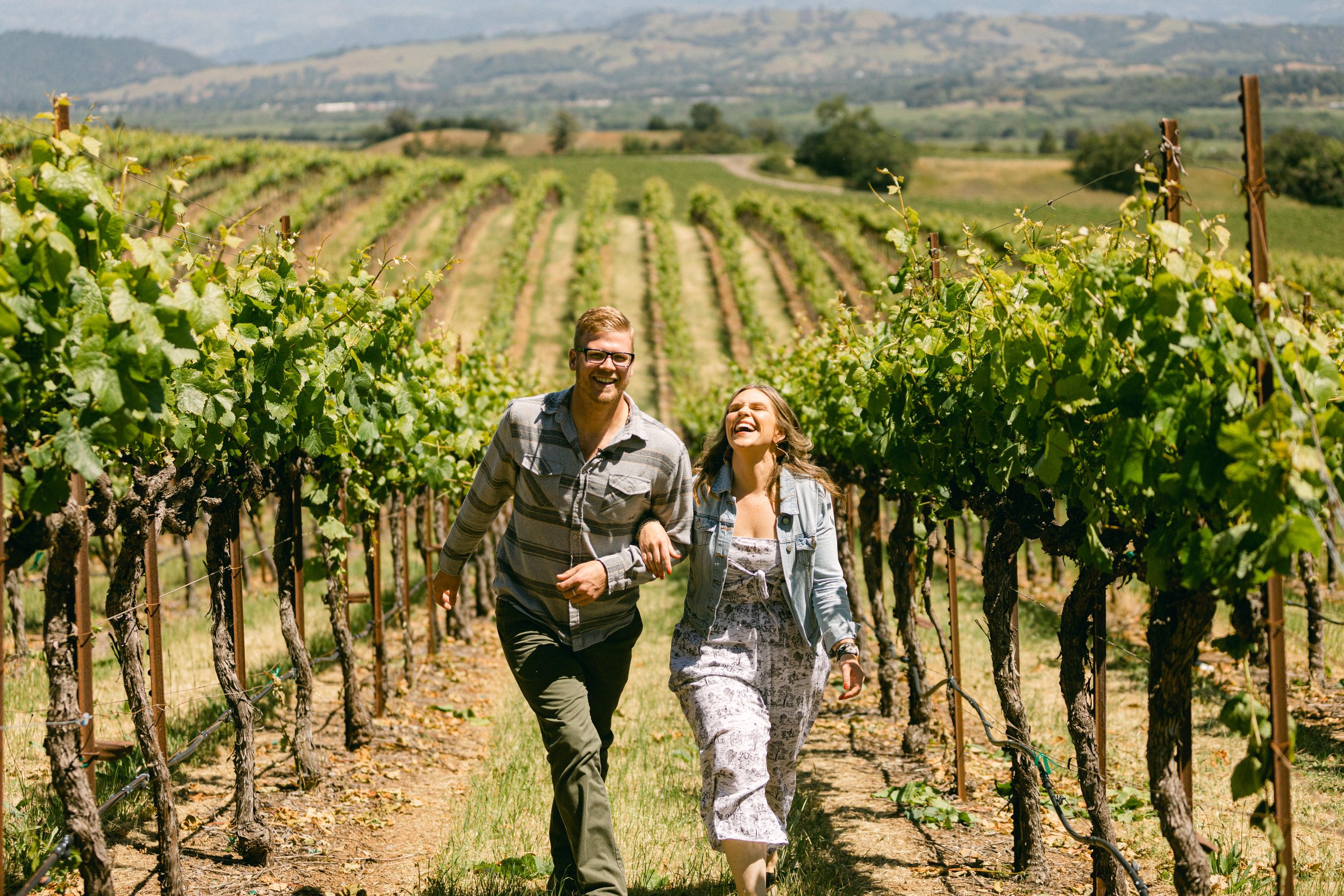
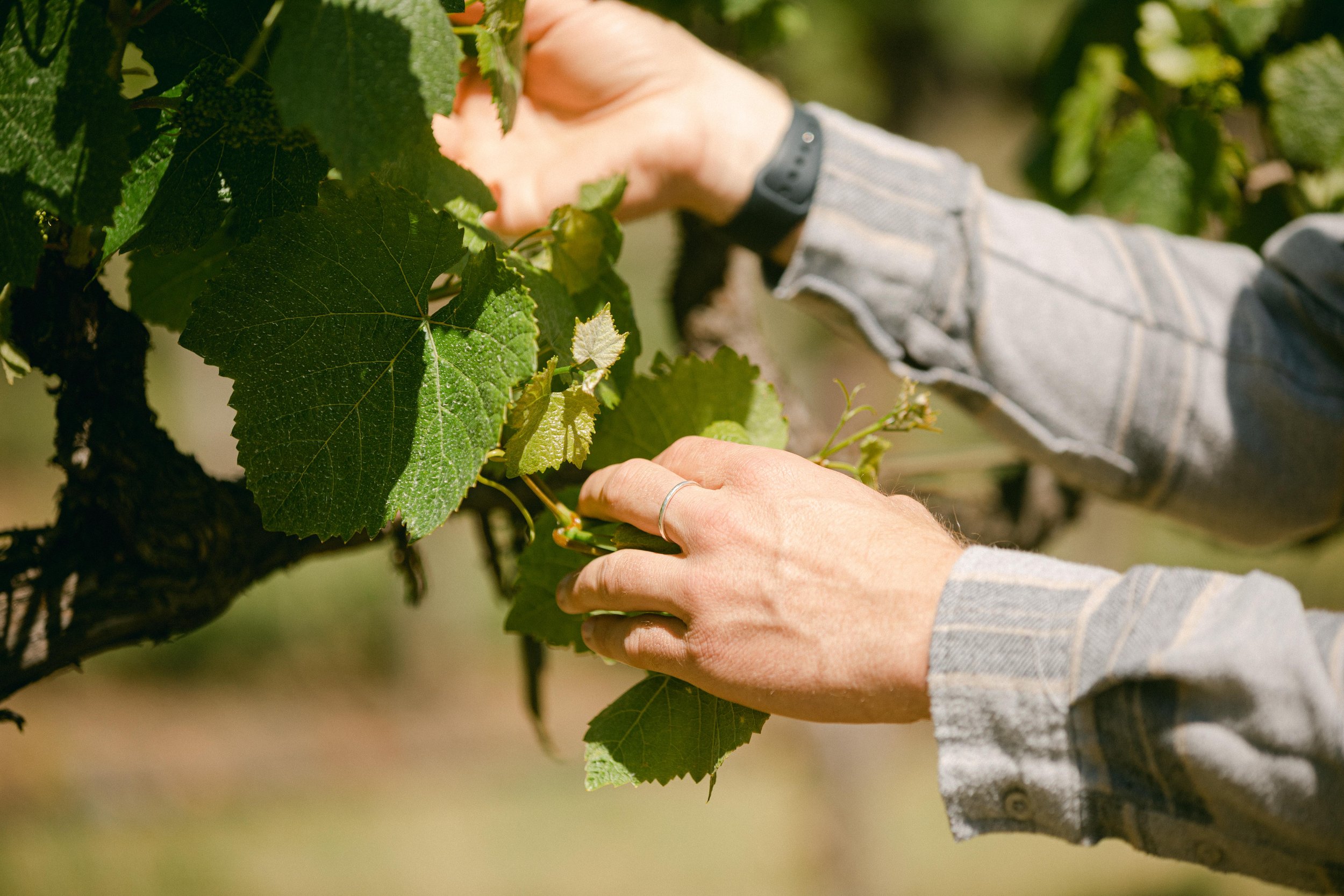

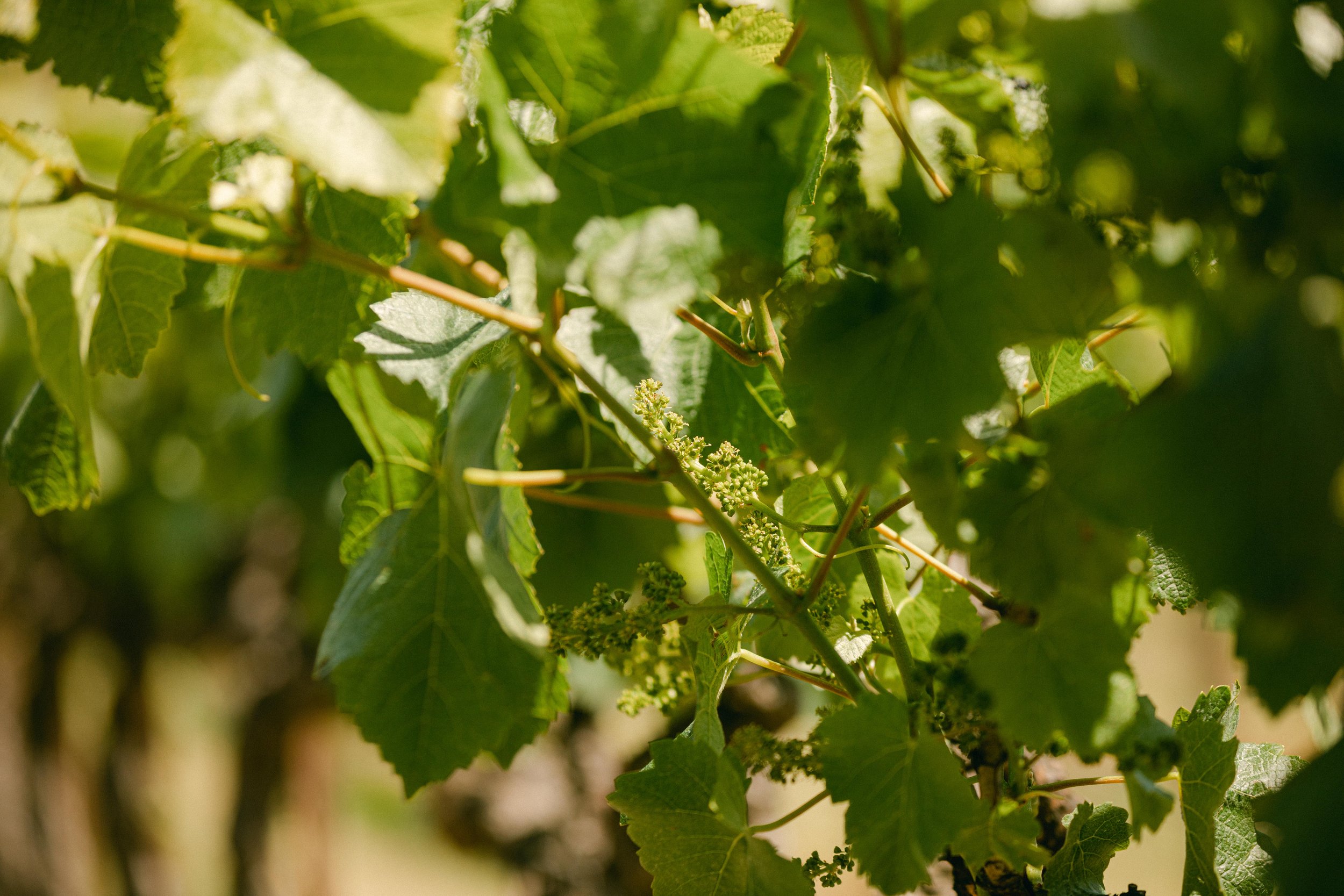

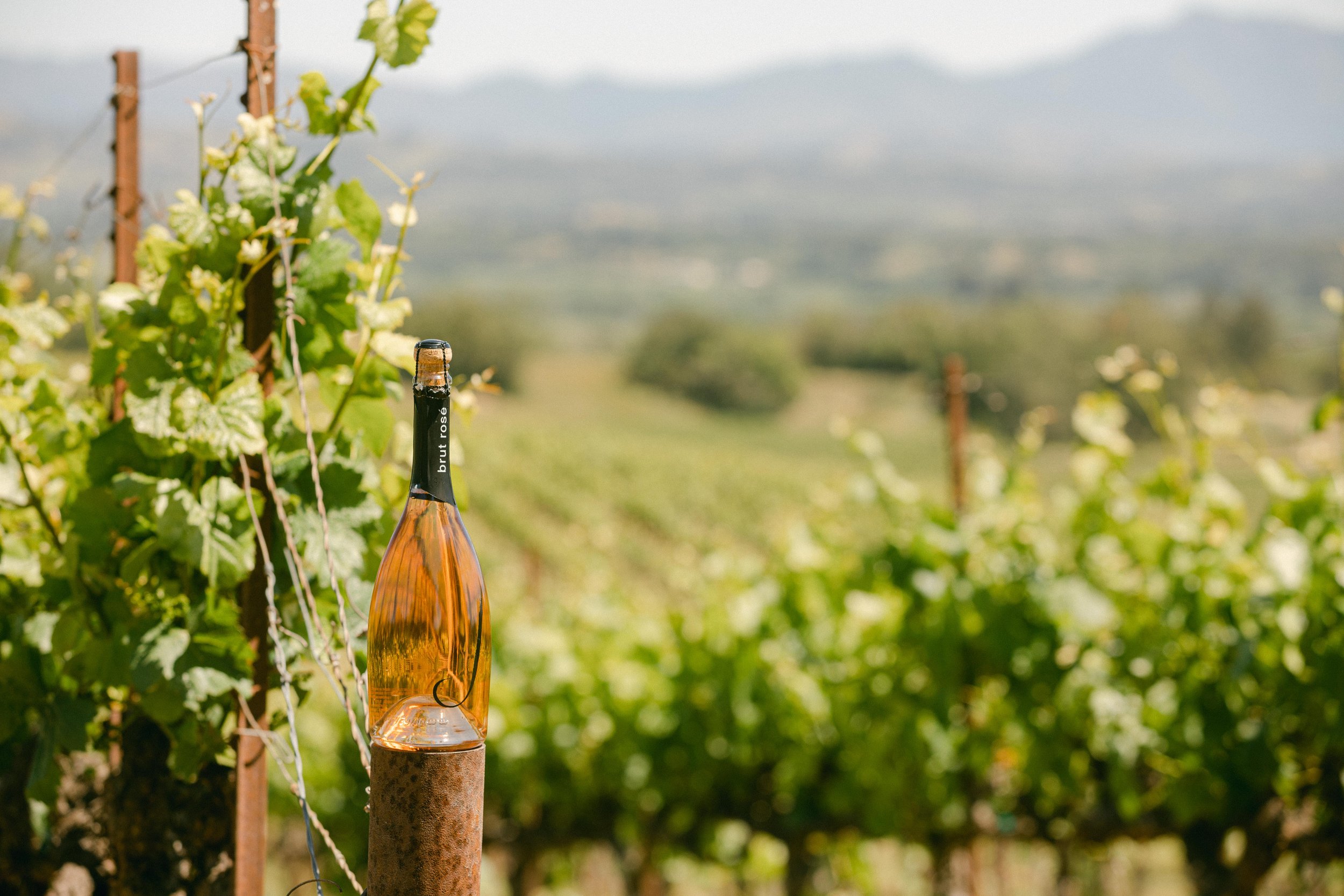
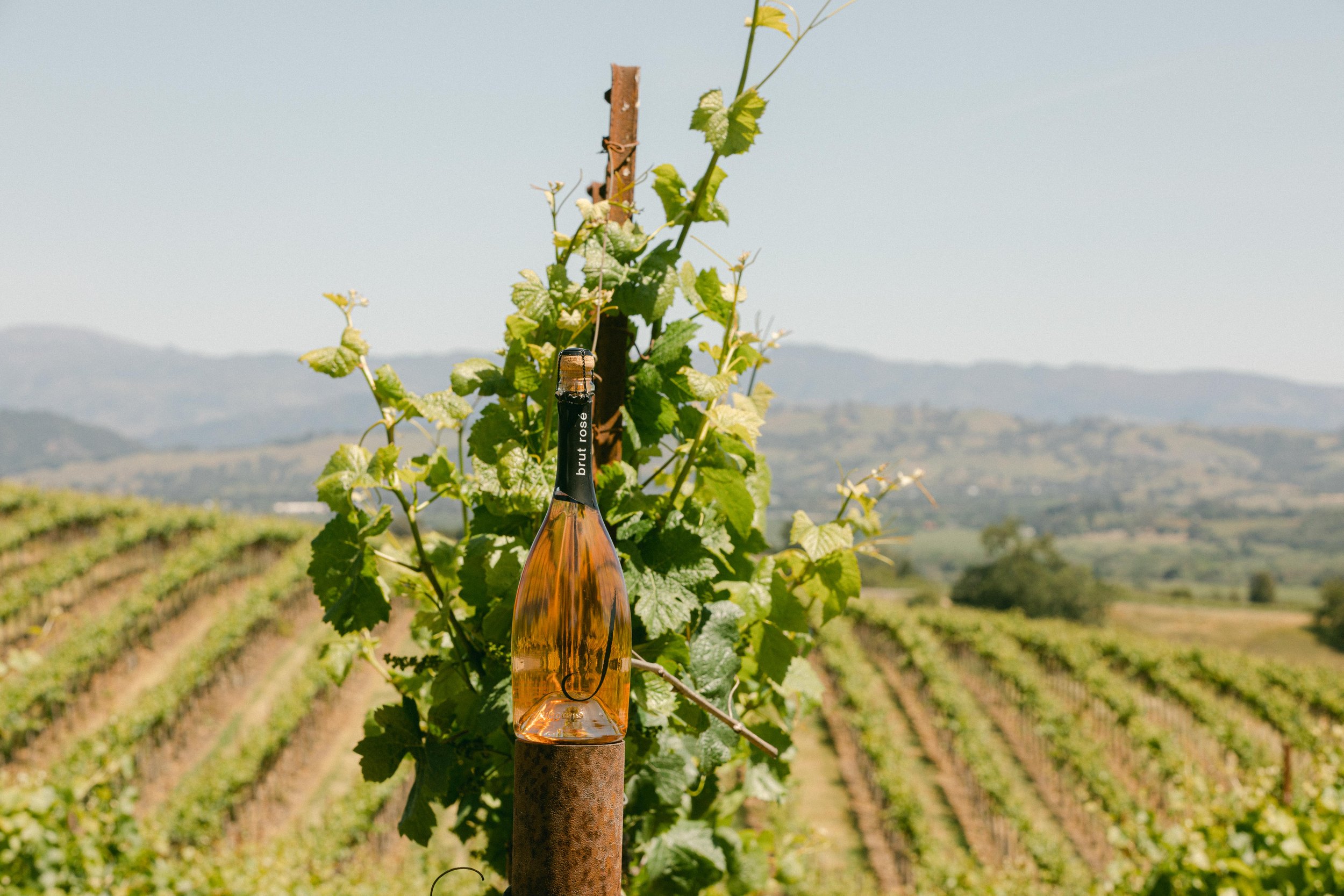
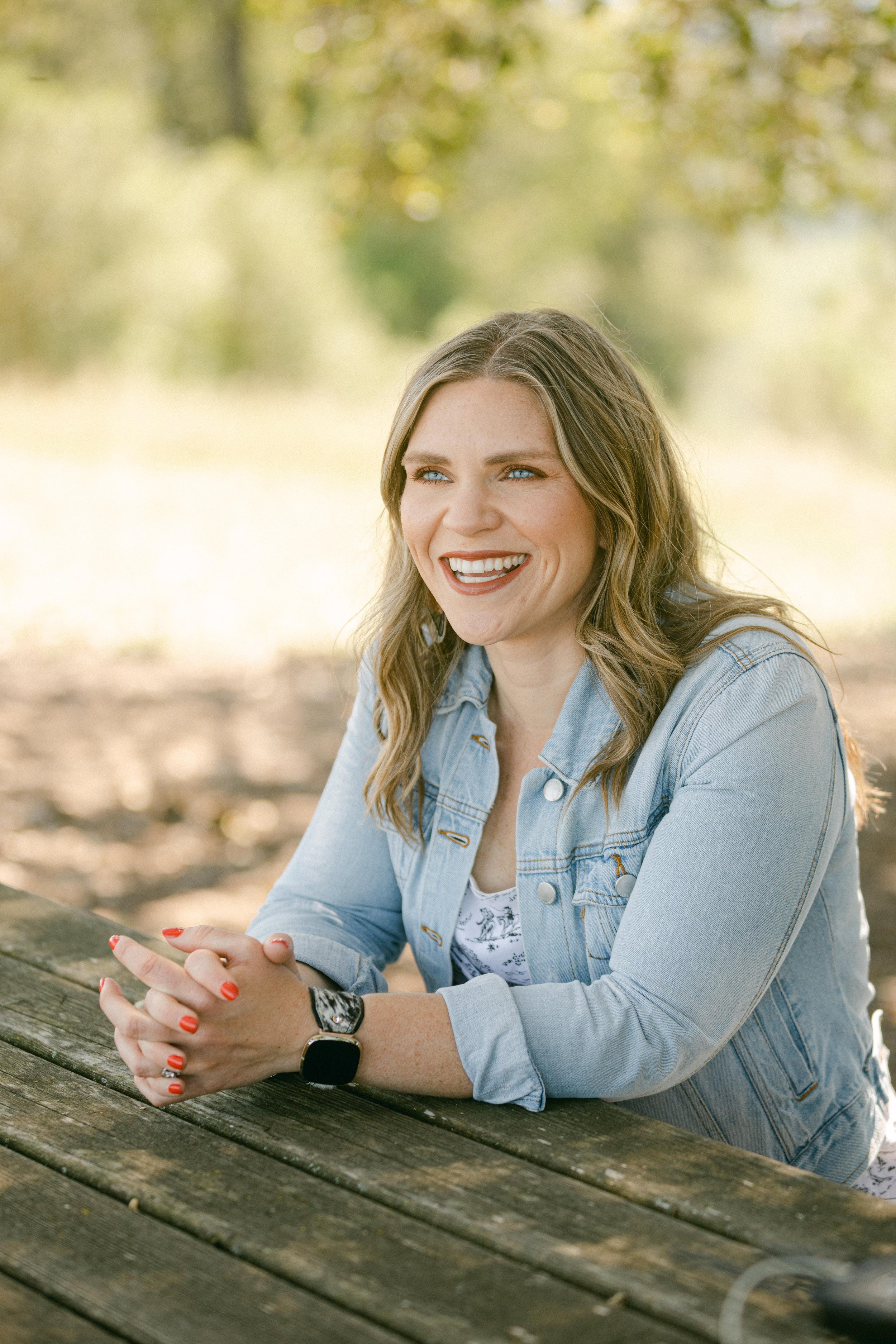
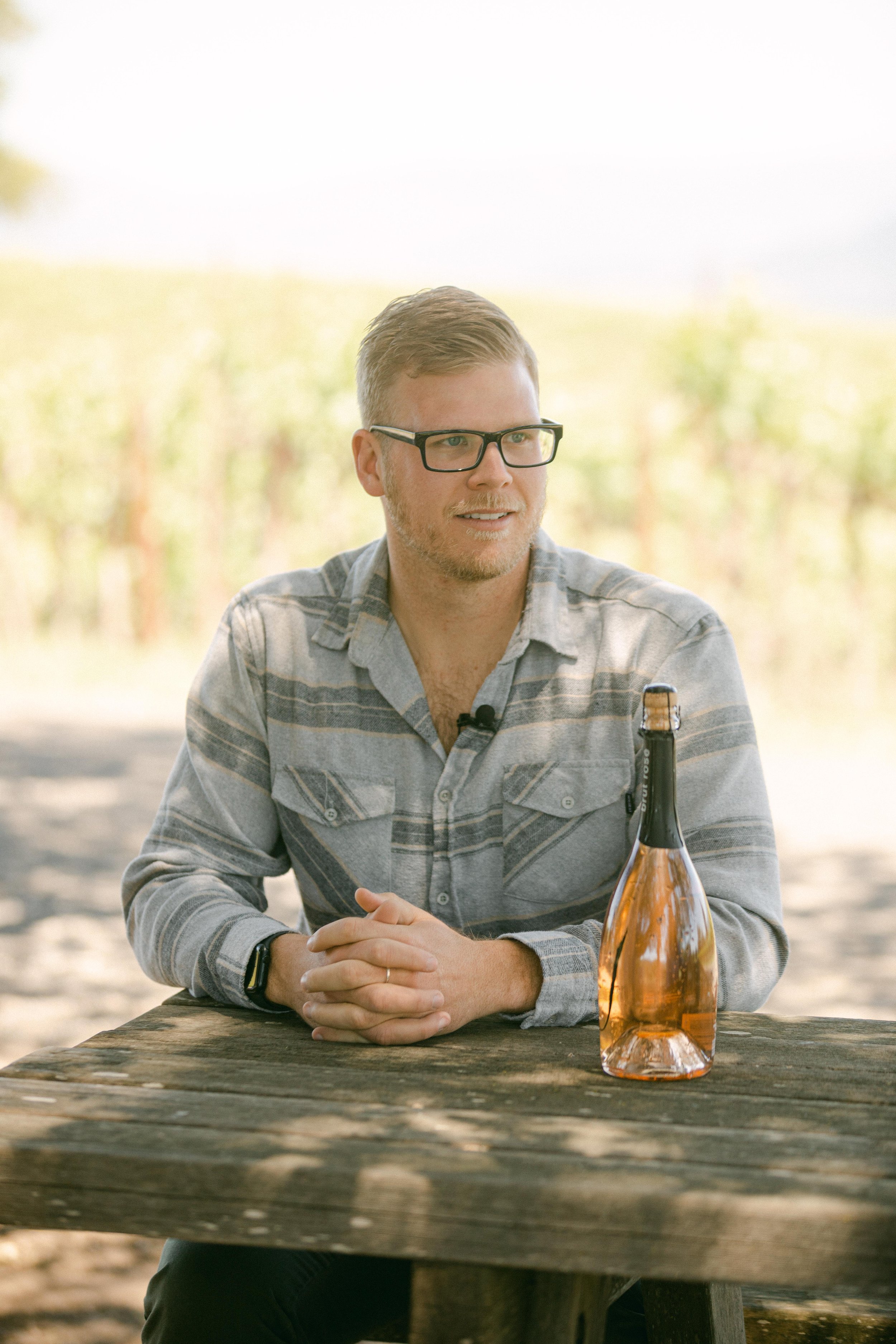
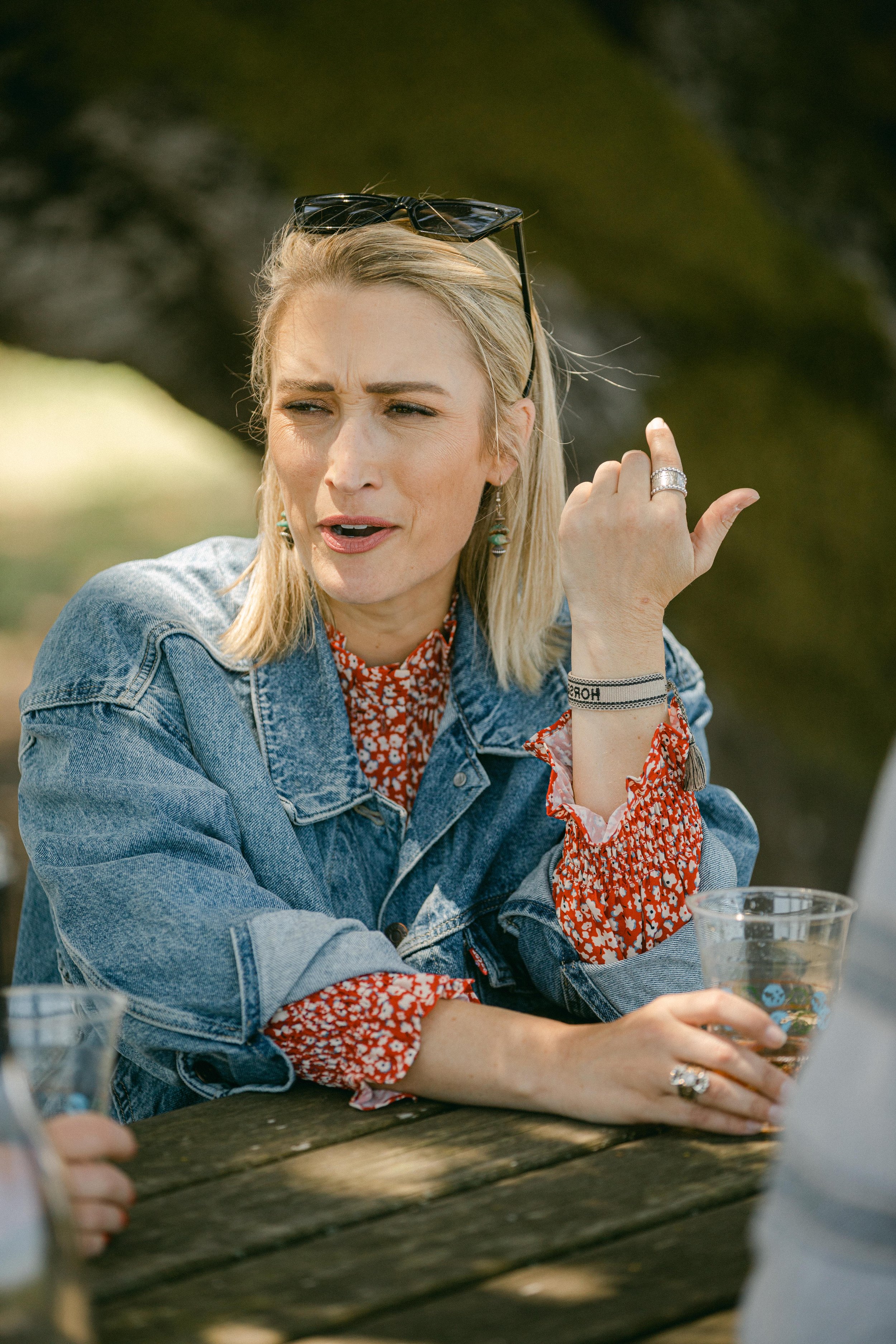
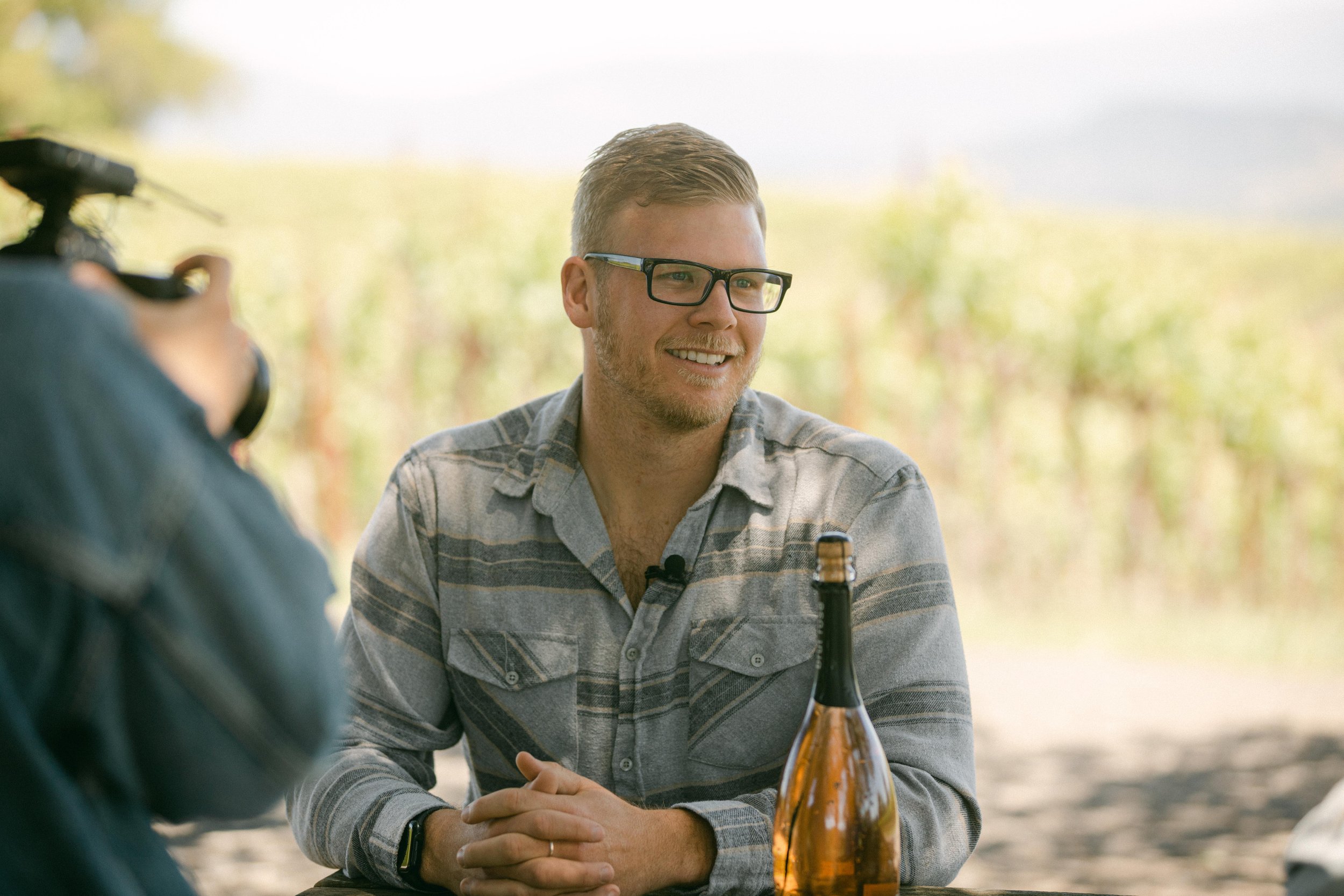

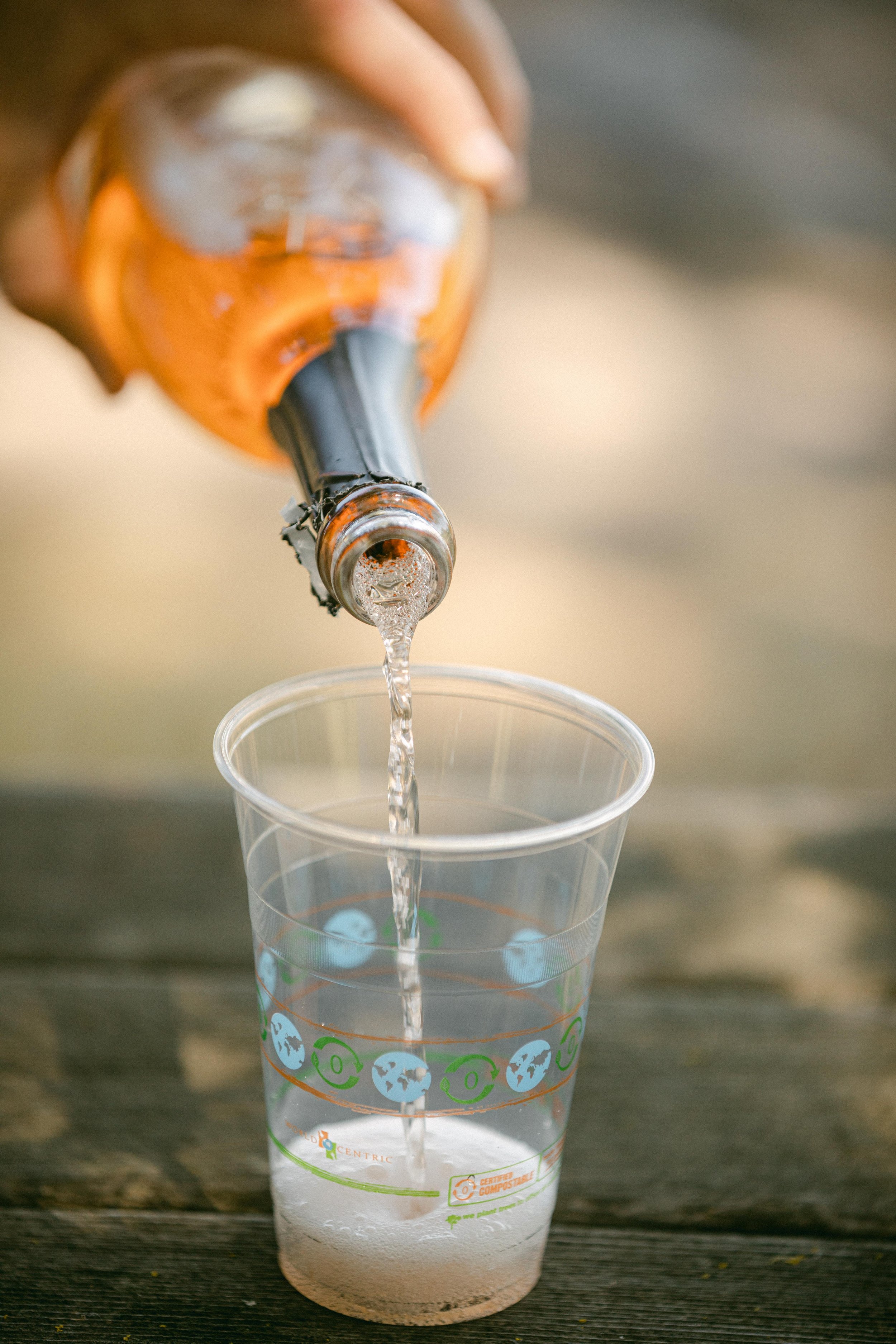
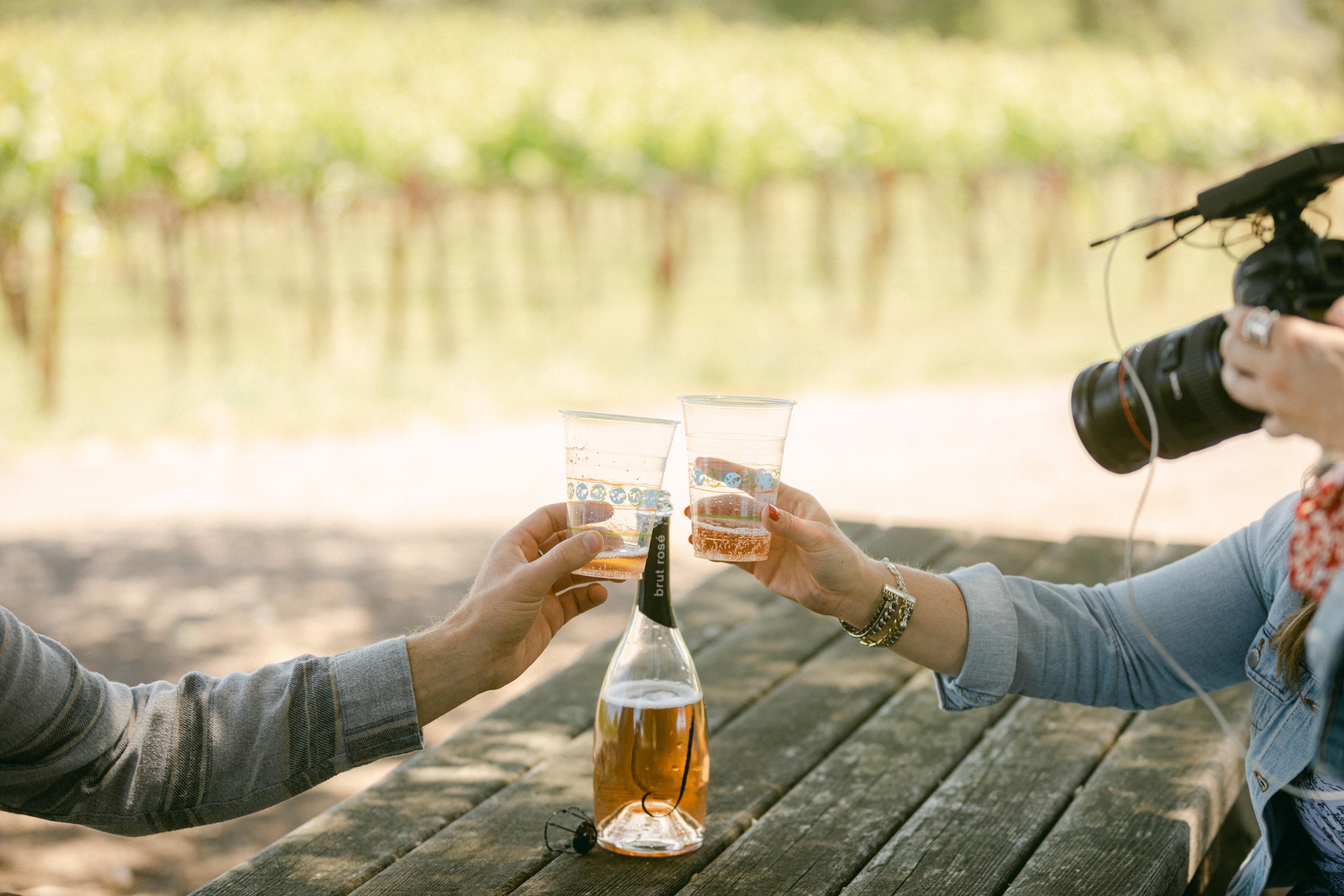

Diversity in agriculture
isn’t just about the people involved in it, but also the spaces in which it exists. While most of America’s food, fiber, and fuel may be produced in rural regions across the country, agriculture also exists in some of the most highly populated cities.
Take San Francisco, for example. Nestled between large buildings in the bustling cityscape sits the San Francisco Flower Market, one of only five grower-owned flower markets in the United States and a one-stop shop for flowers with over 50 individual vendors.
Charlie Cheng
is the second generation at his family’s Pin Nursery located in the San Francisco Flower Market.
Charlie’s uncle Pin started a flower business with his brother Joe growing chrysanthemums in Morgan Hill, California in 1985. Eventually, they transitioned out of farming and into flower sales offering imported flowers, orchids, and local flowers from the region.
At their nursery, their floral variety casts a beautiful sea of color through the aisles as local flower shop owners and visiting patrons from all around the world stop in to make their selection of gorgeous flowers.
The Backroad Cowgirls were so grateful Charlie sent us each home with our very own orchid and a bouquet of flowers to share with our moms for Mother’s Day. Whether you’re driving down a rural backroad or stuck in bumper to bumper traffic in the big city, you might be surprised to discover just where agriculture may find you.
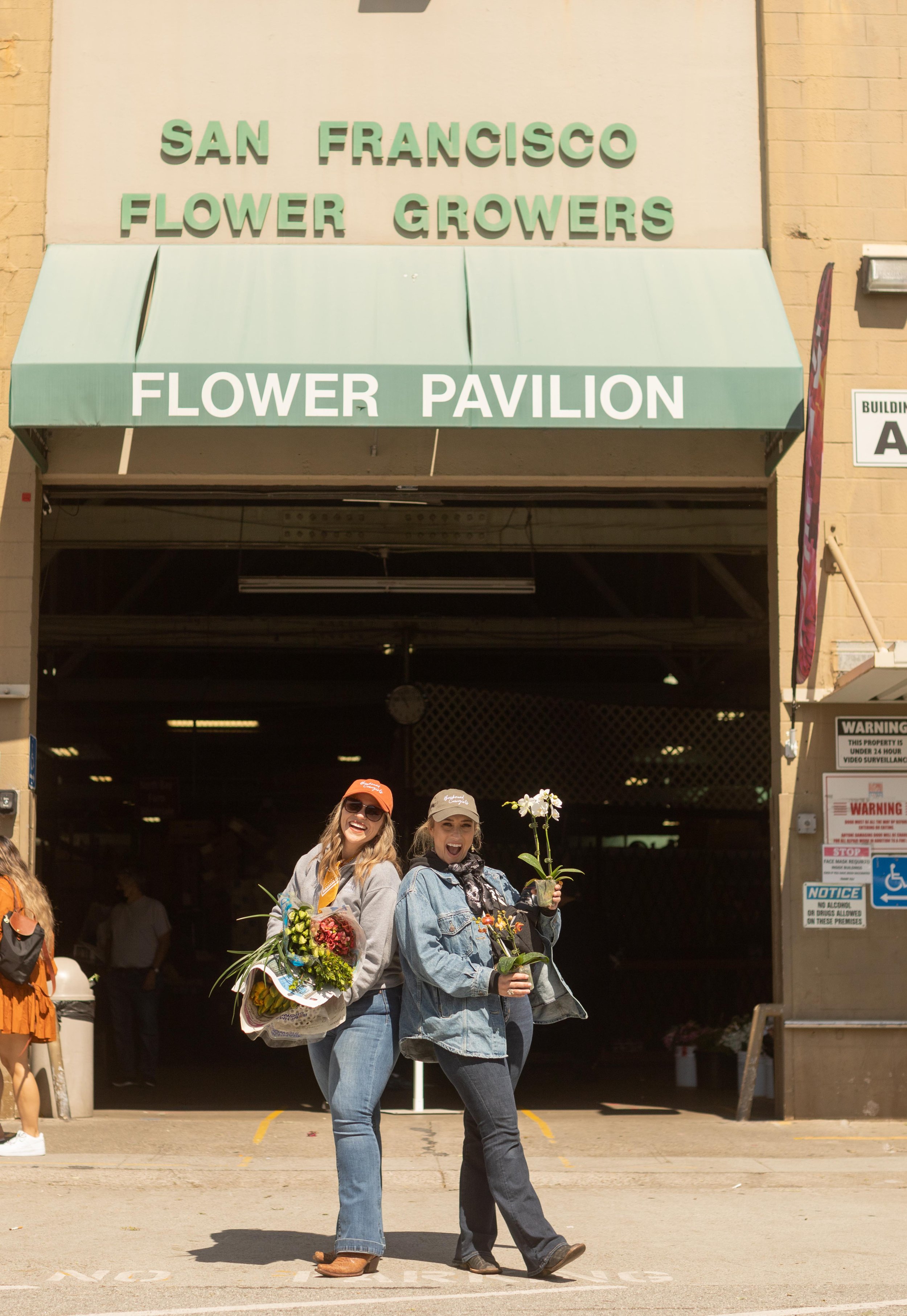
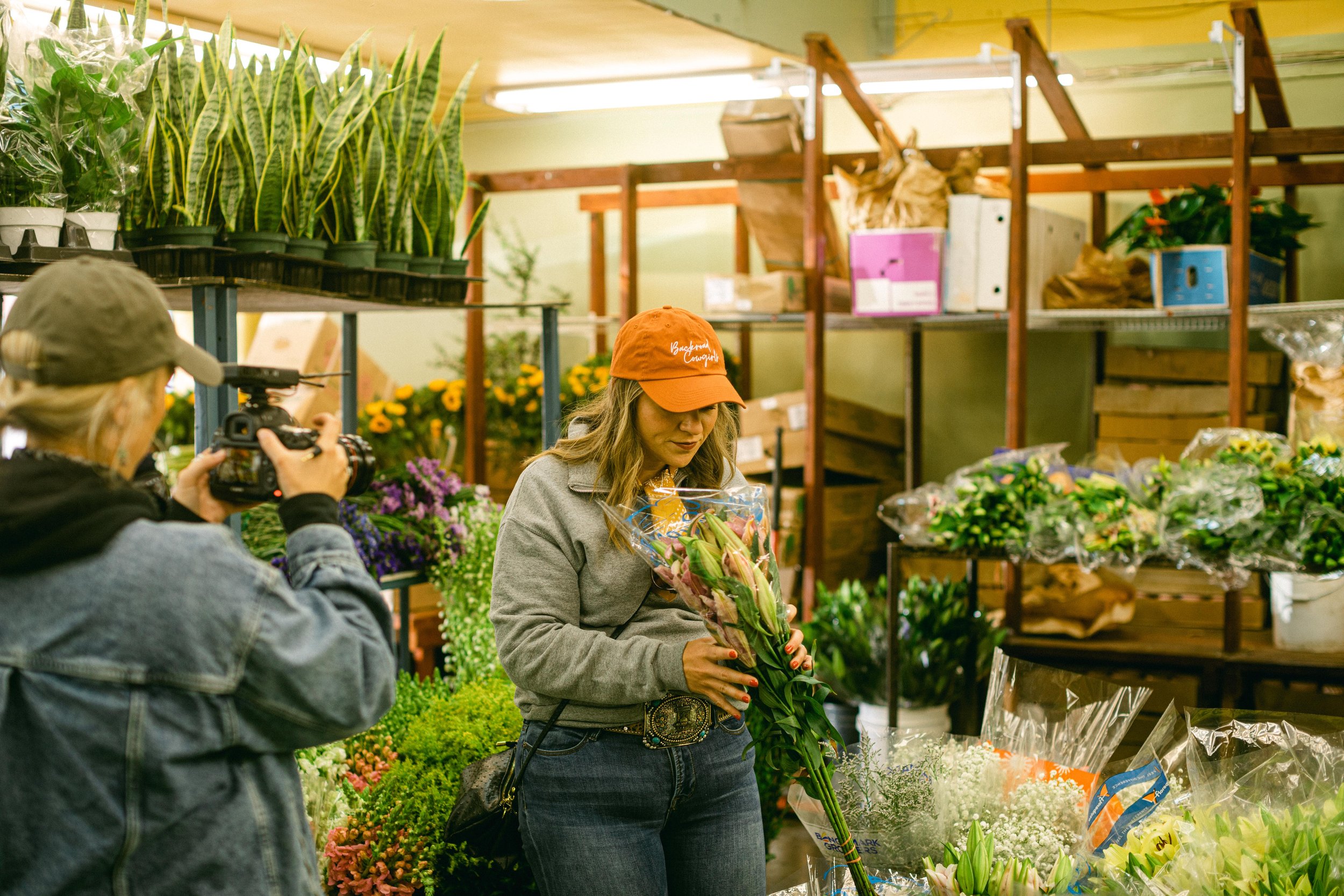
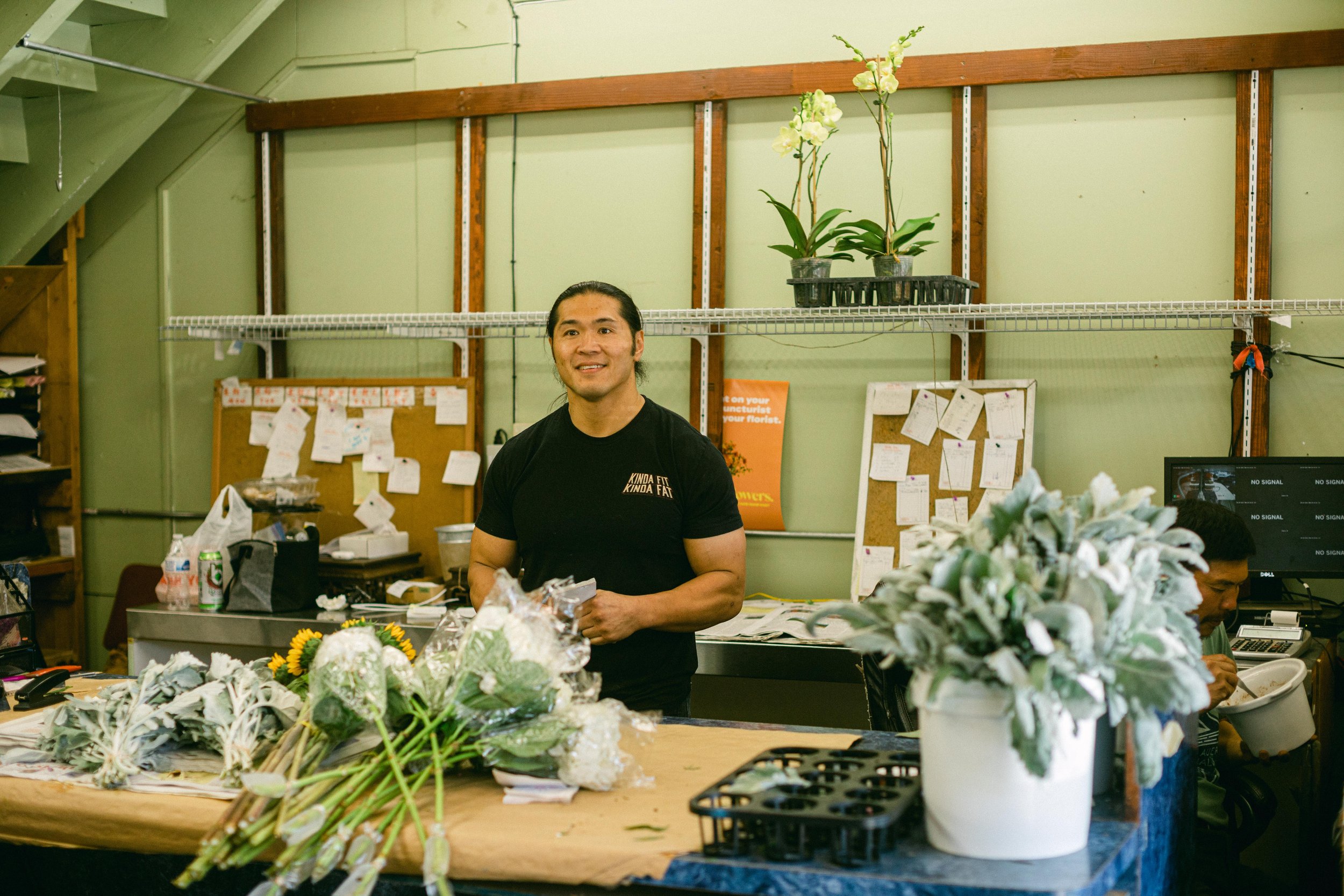

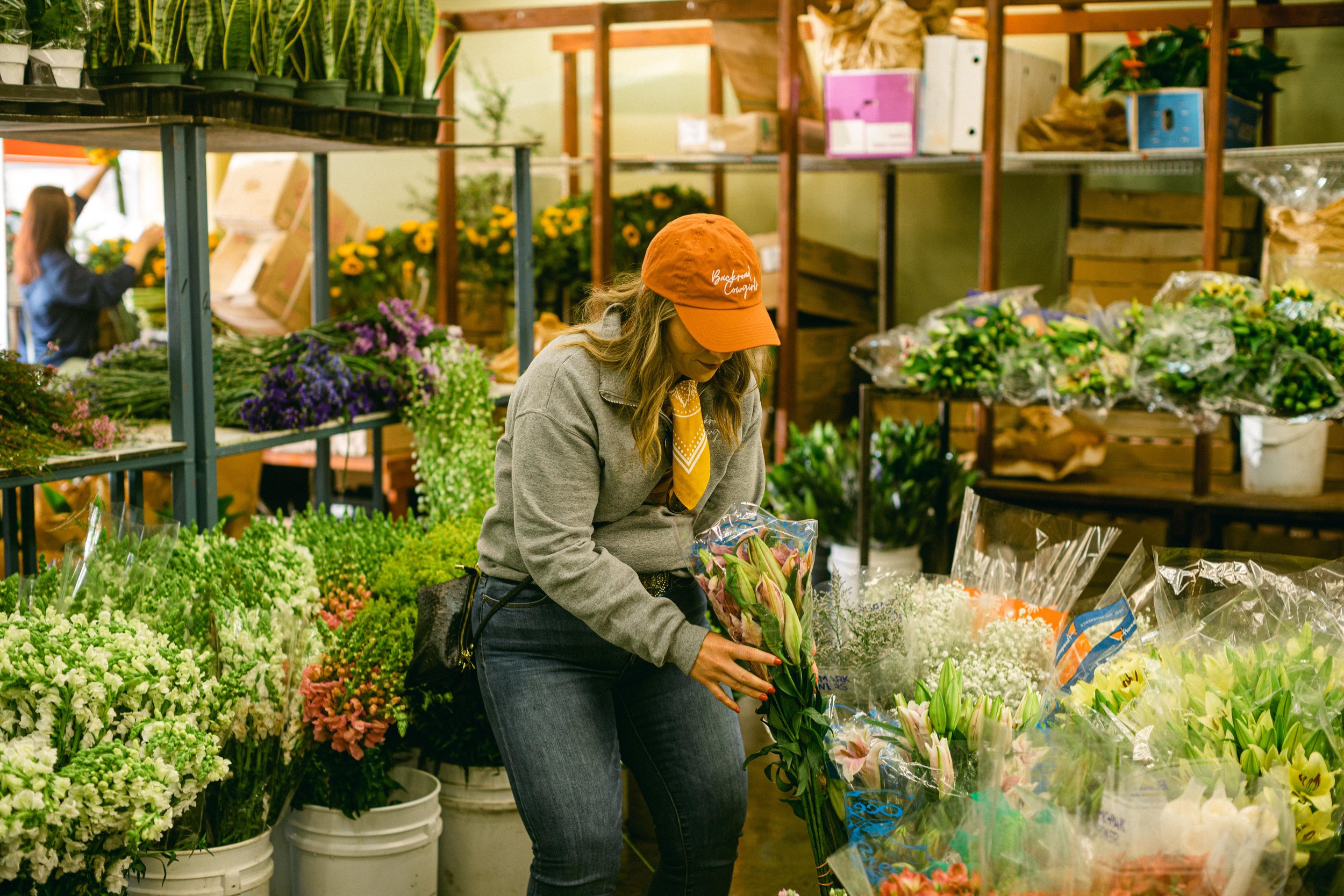
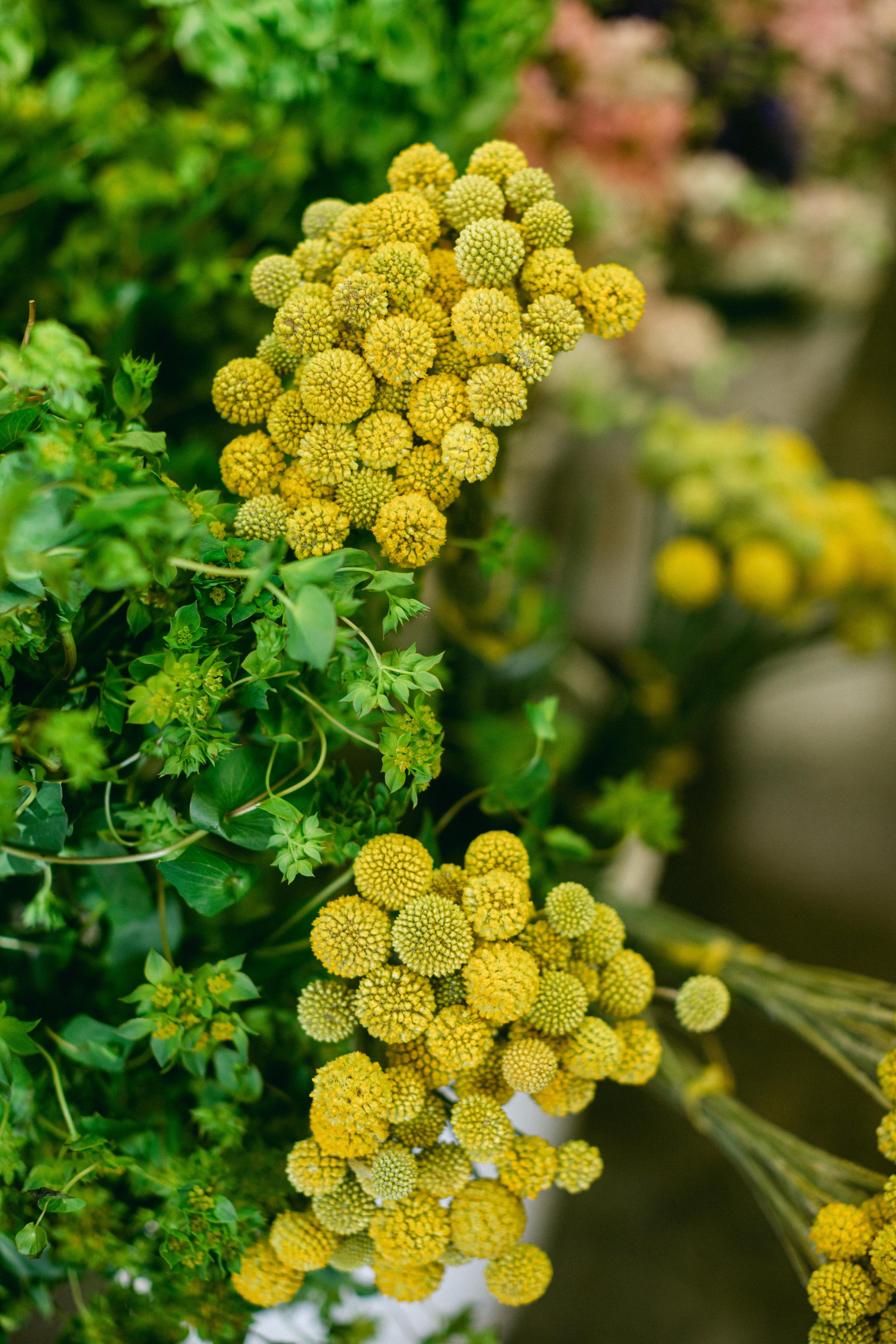
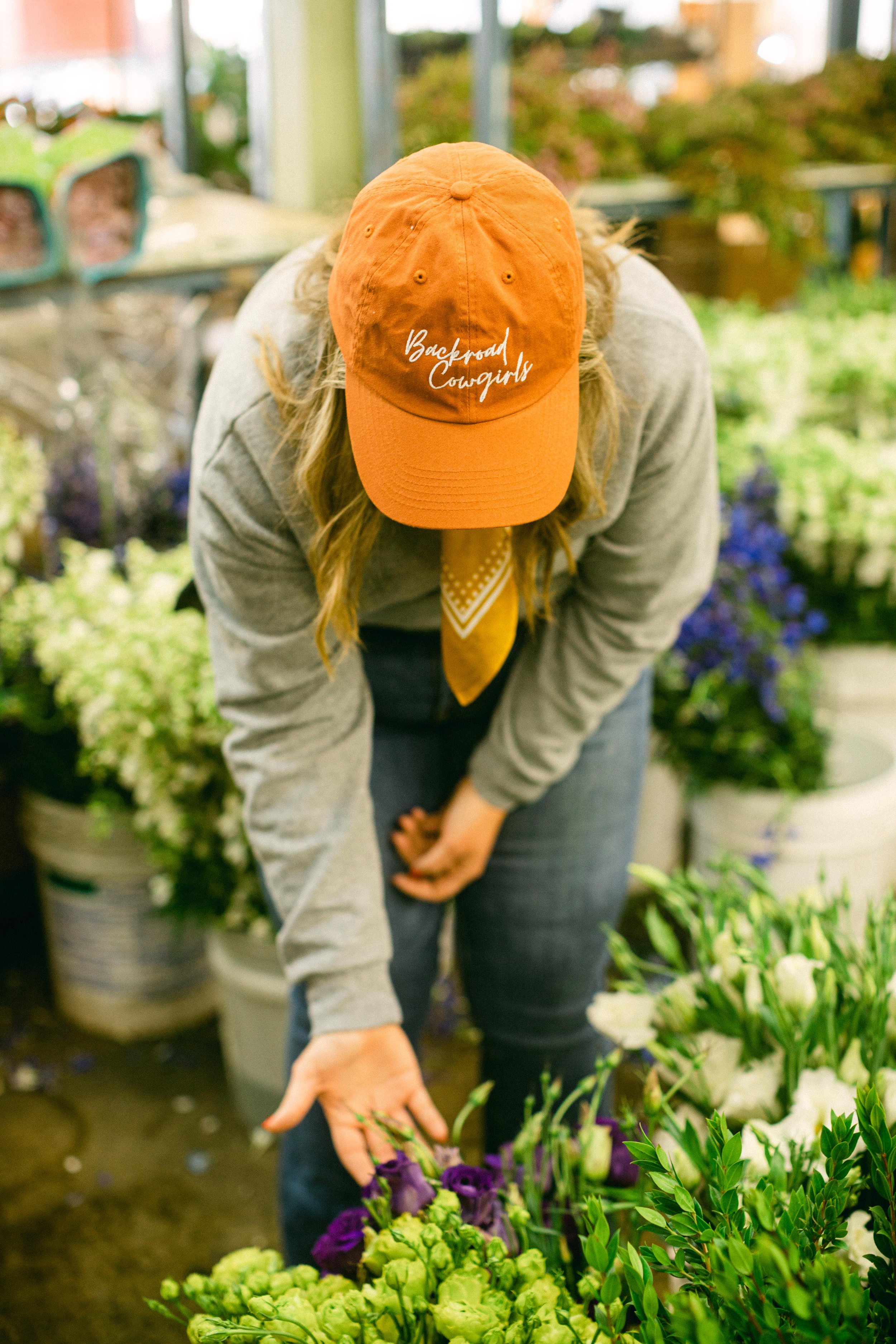
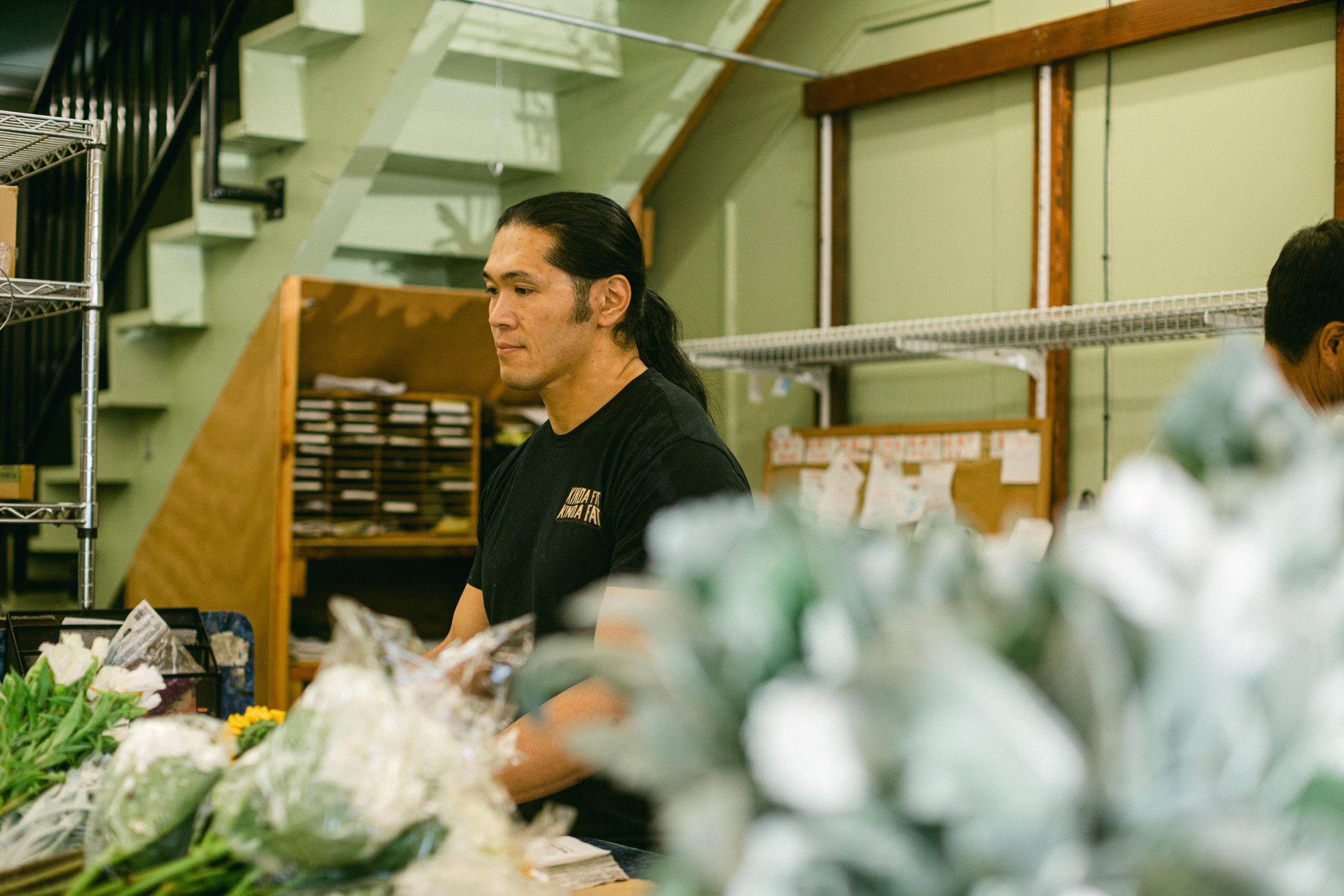
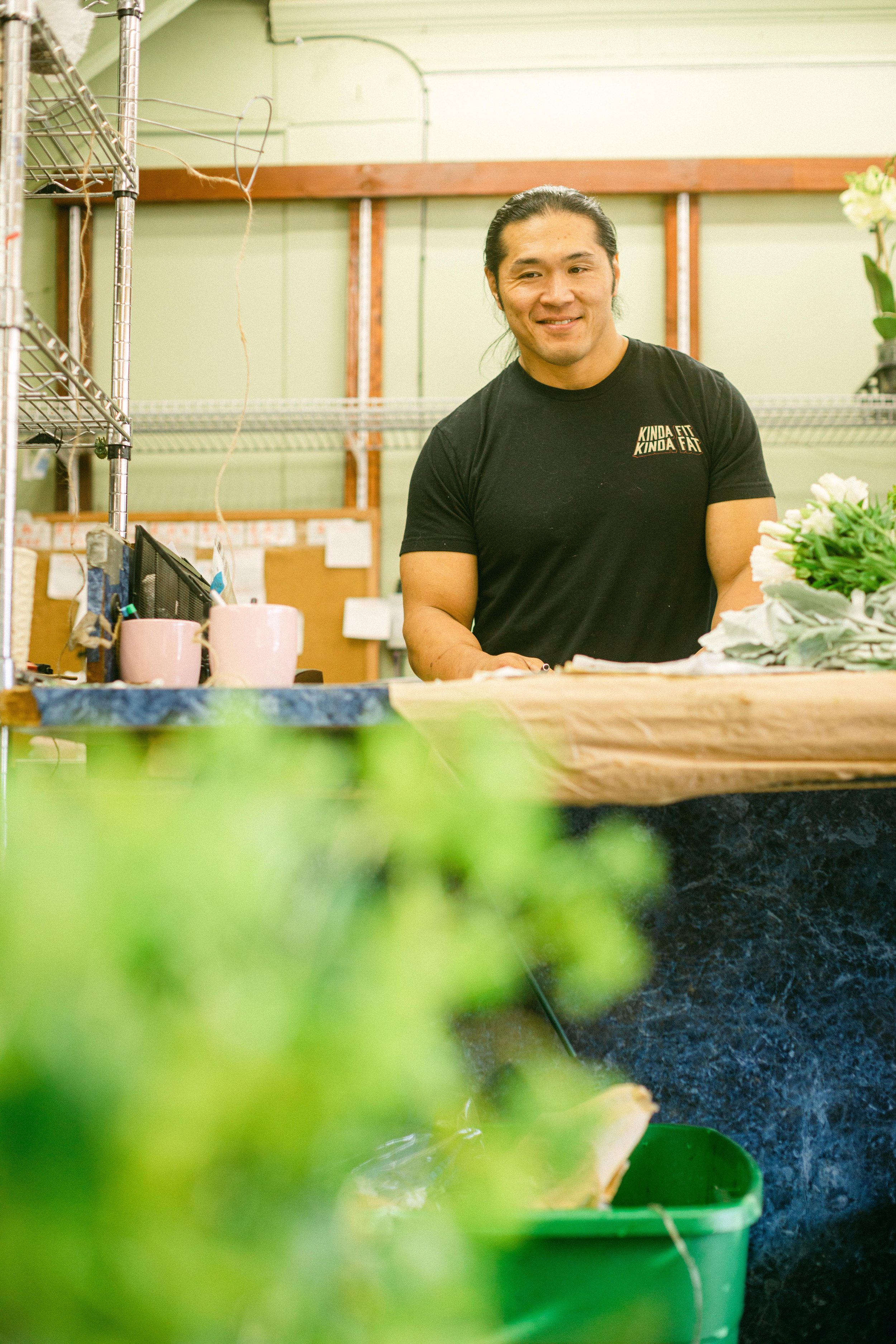
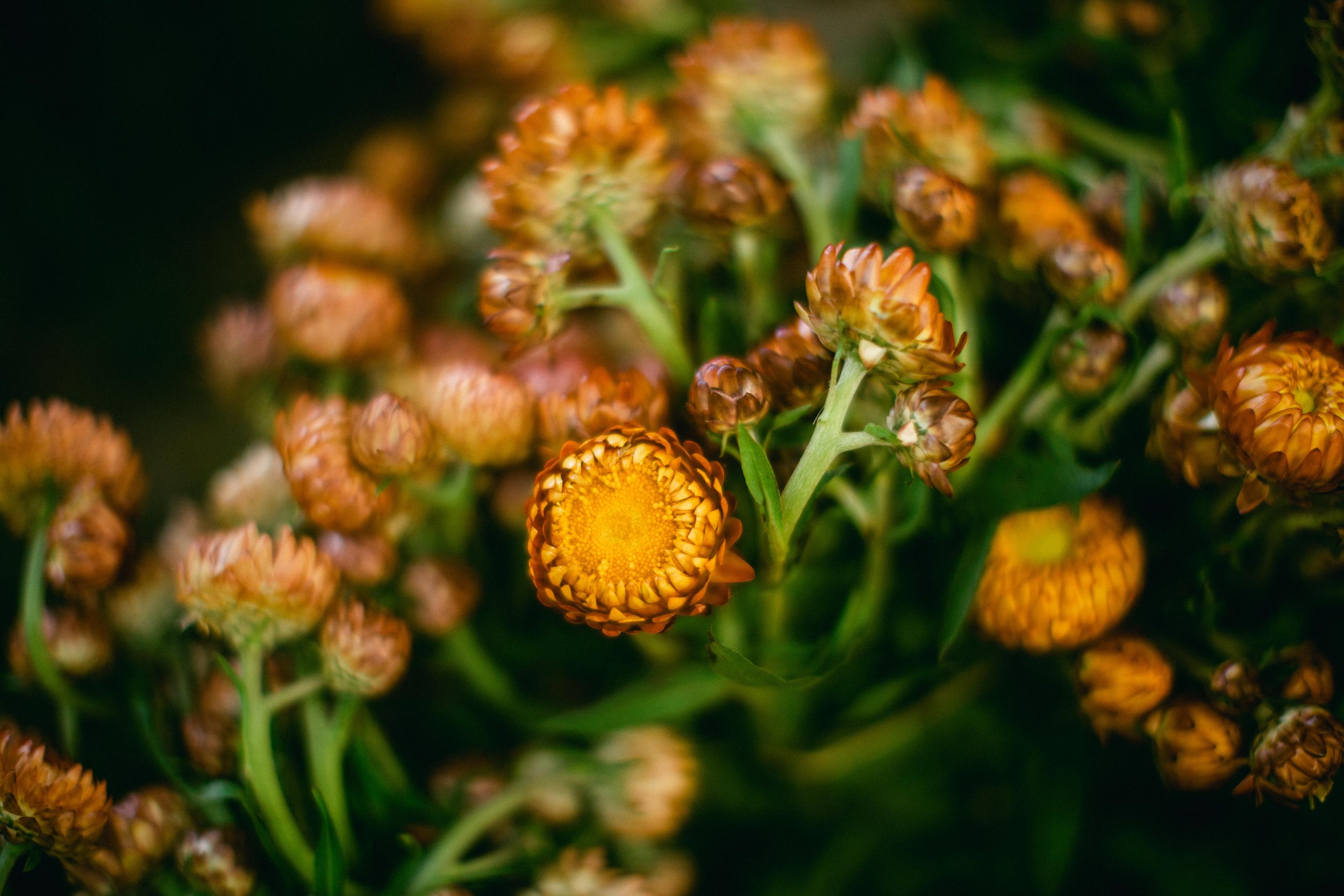

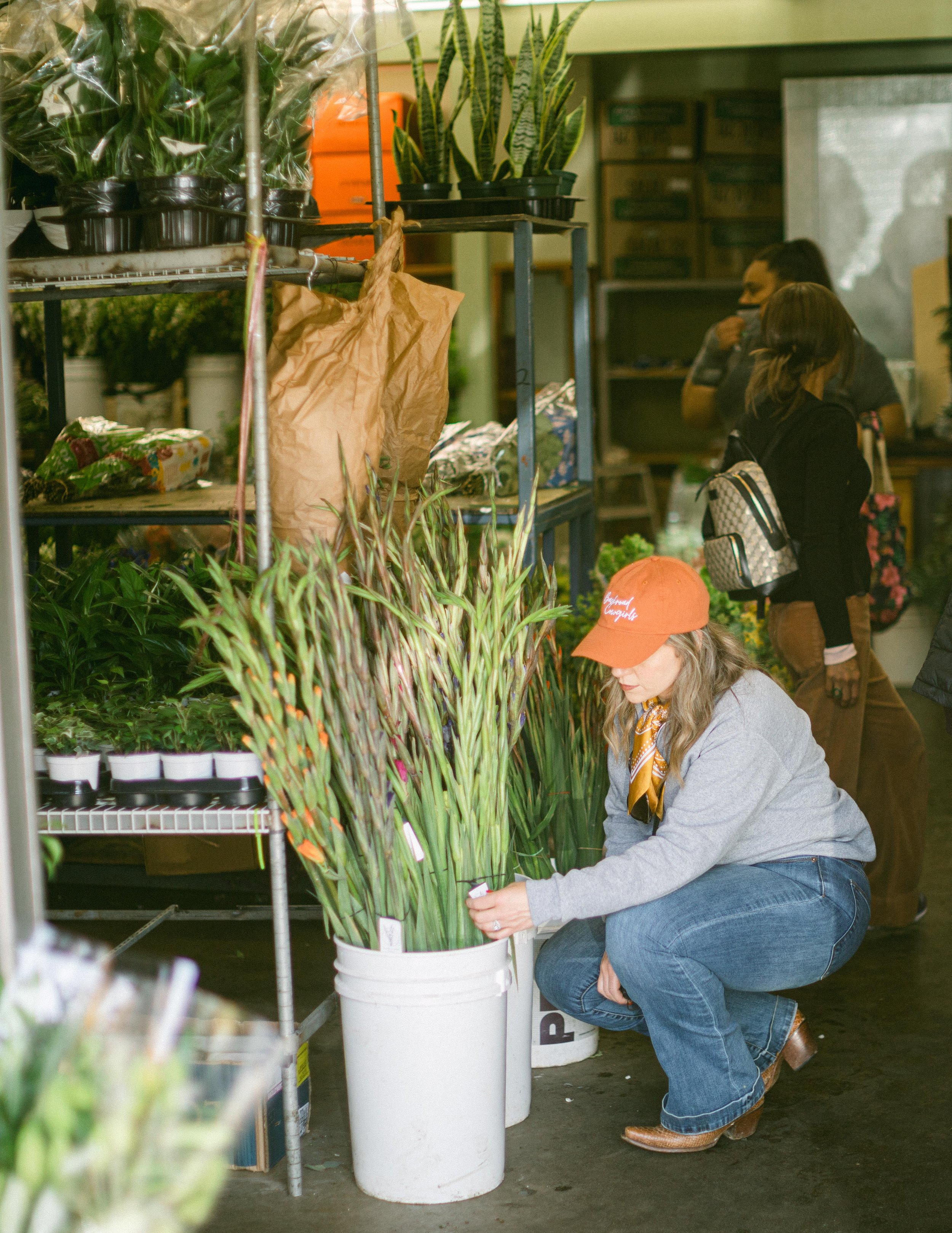
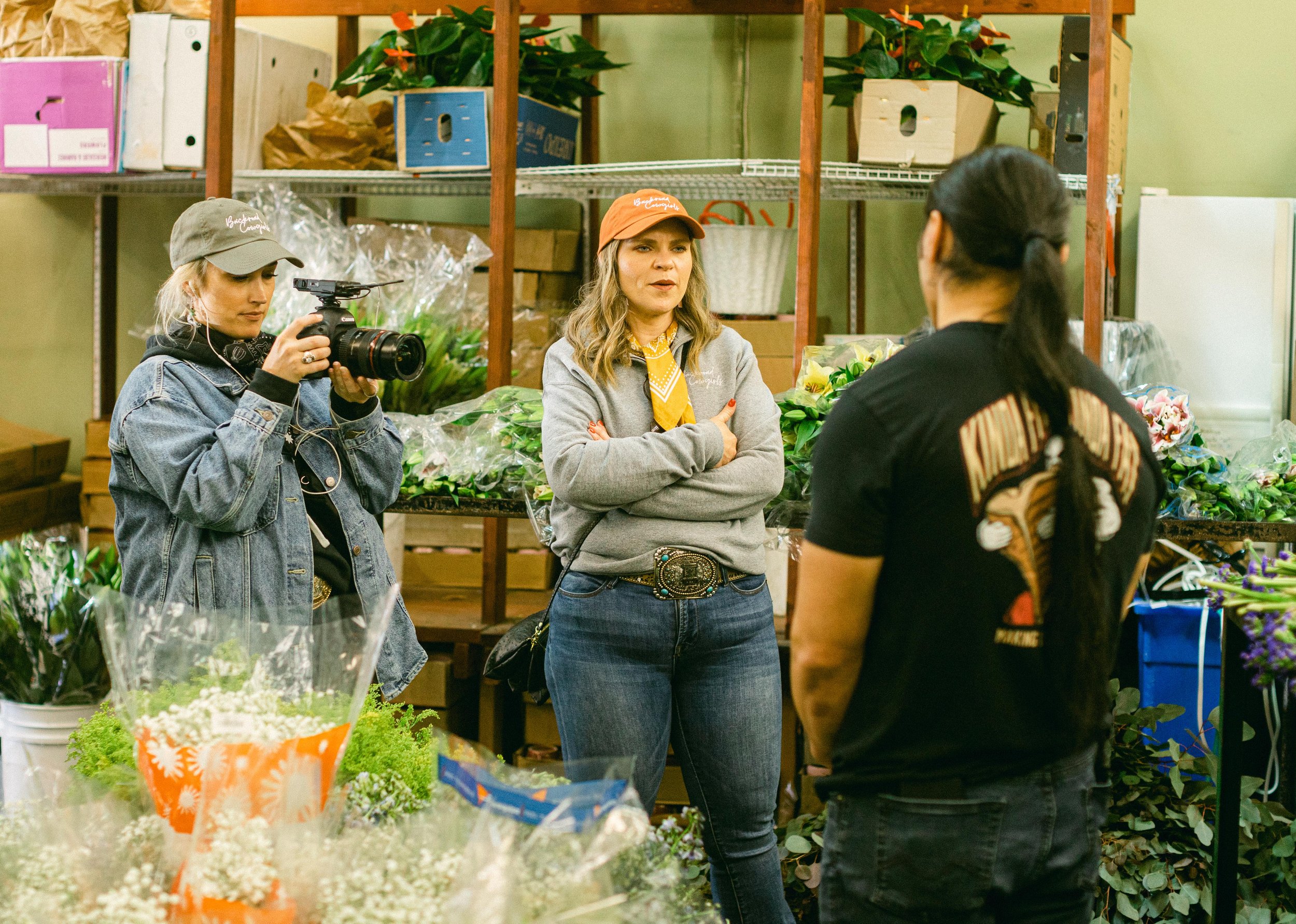
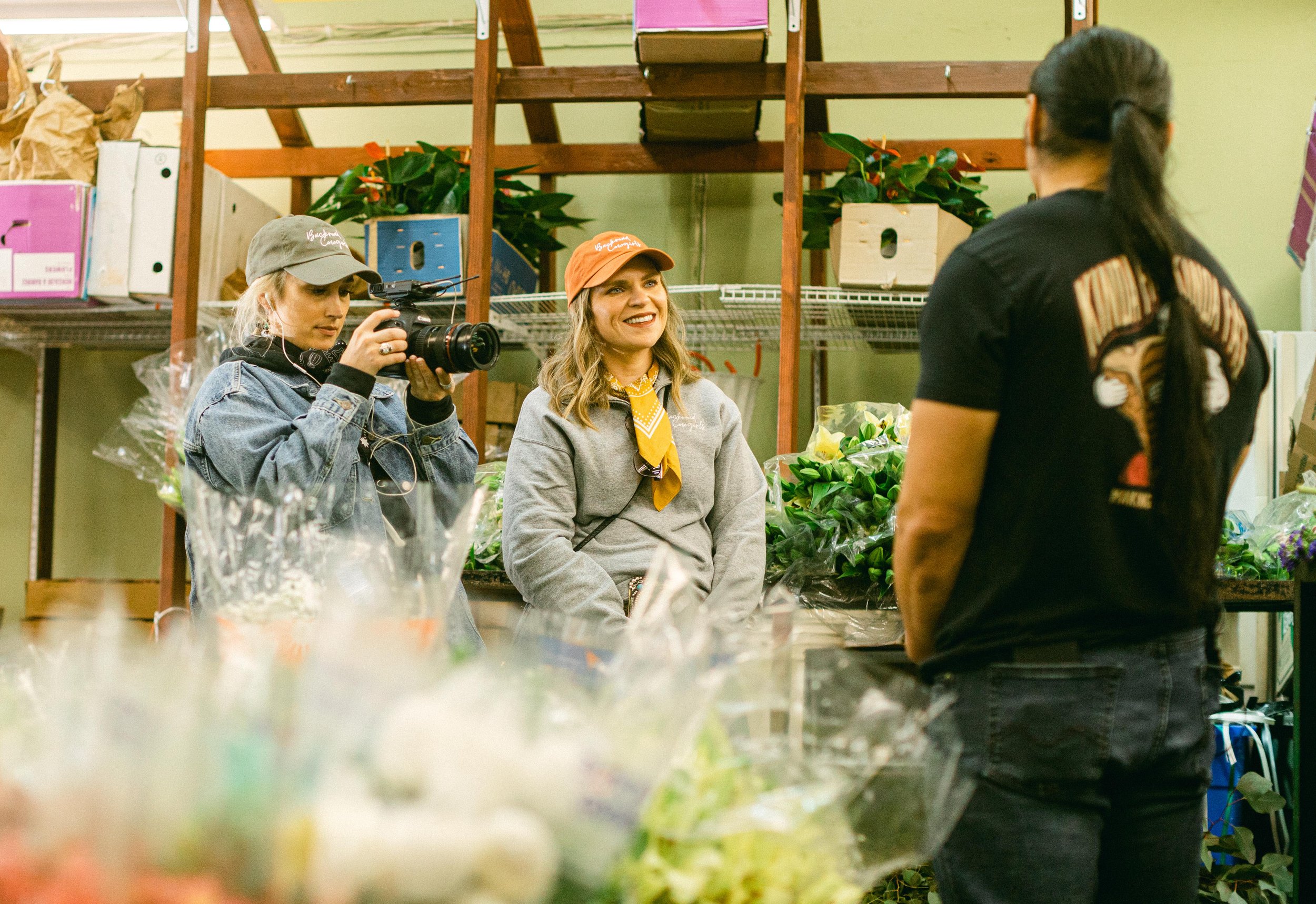
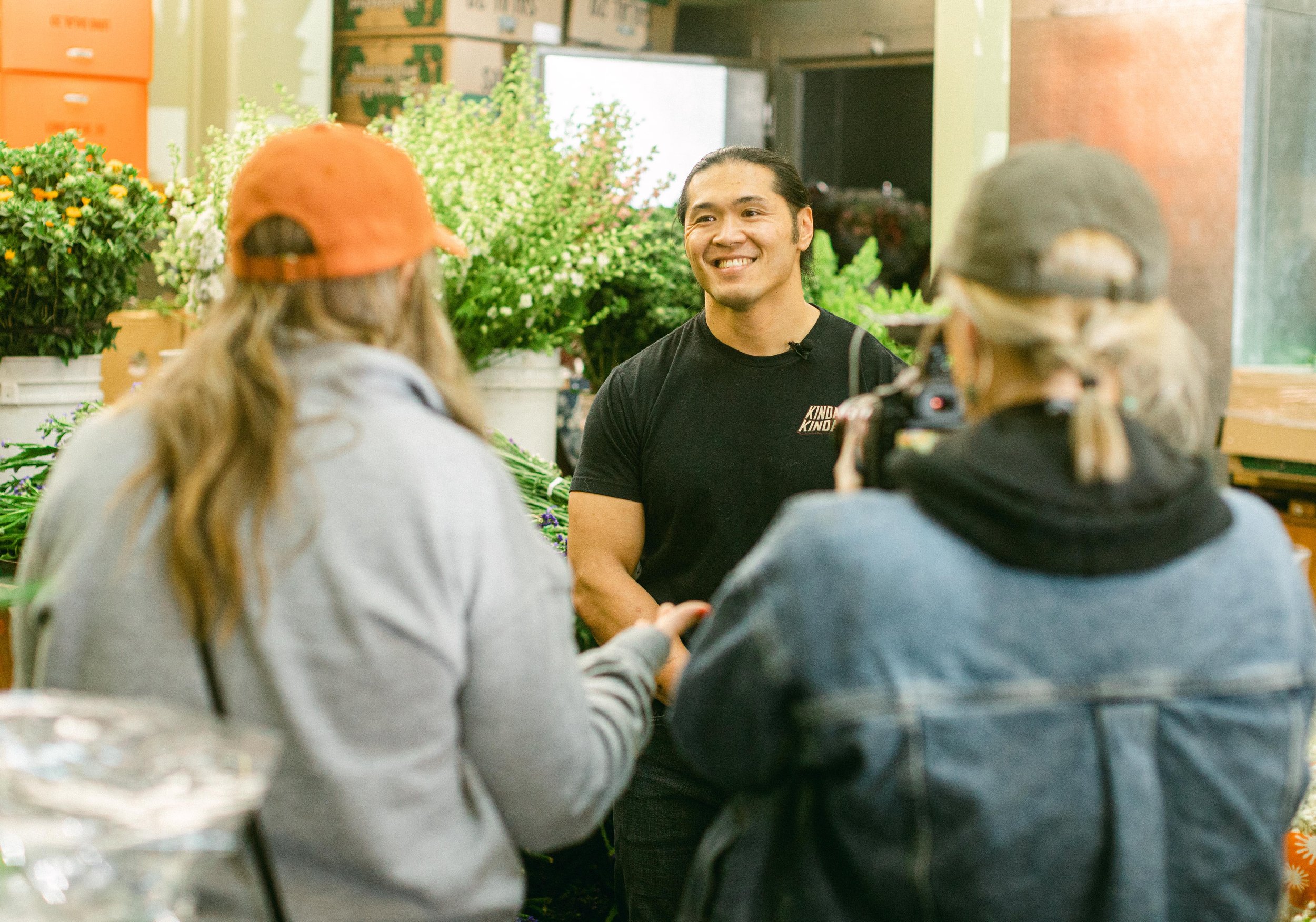
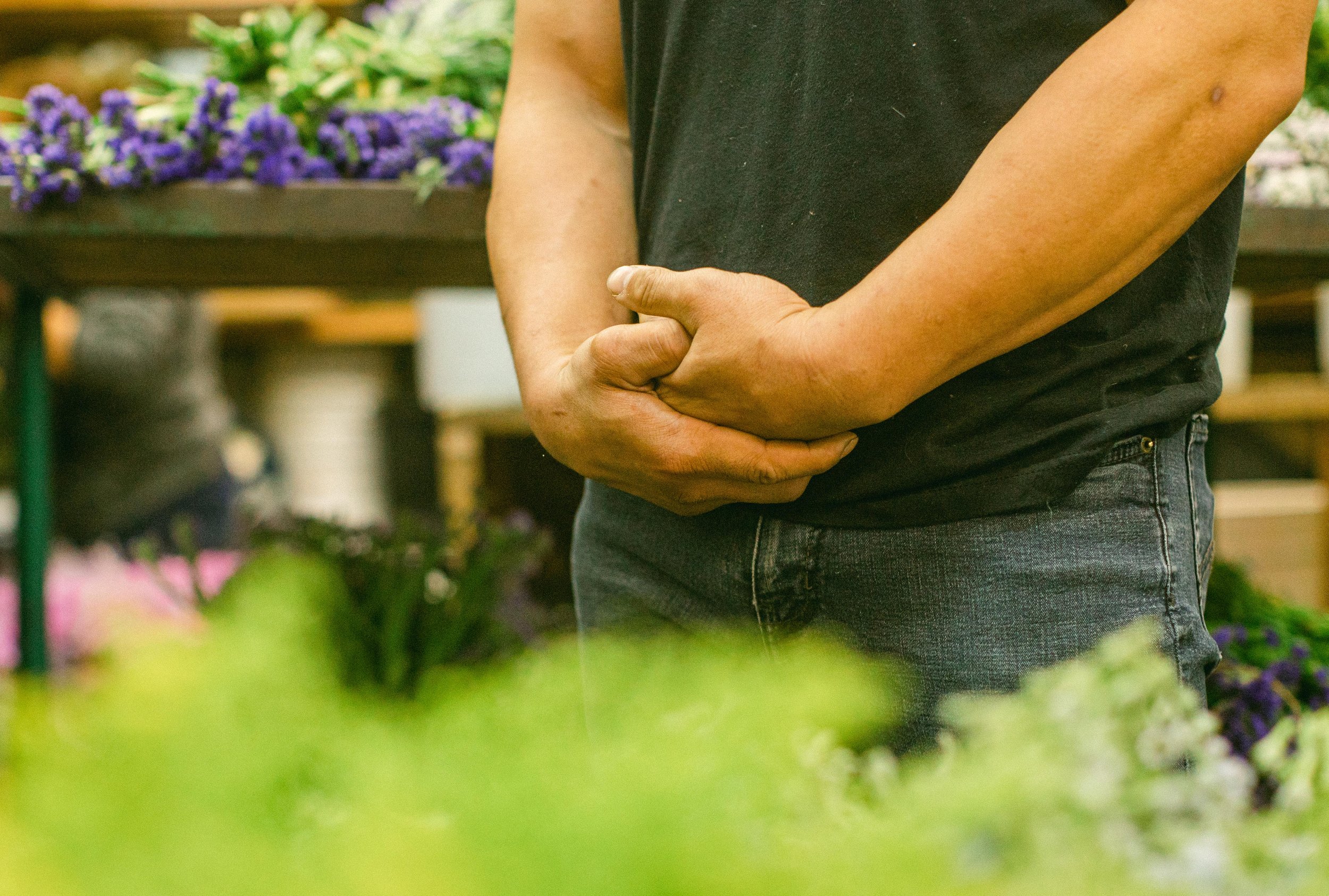
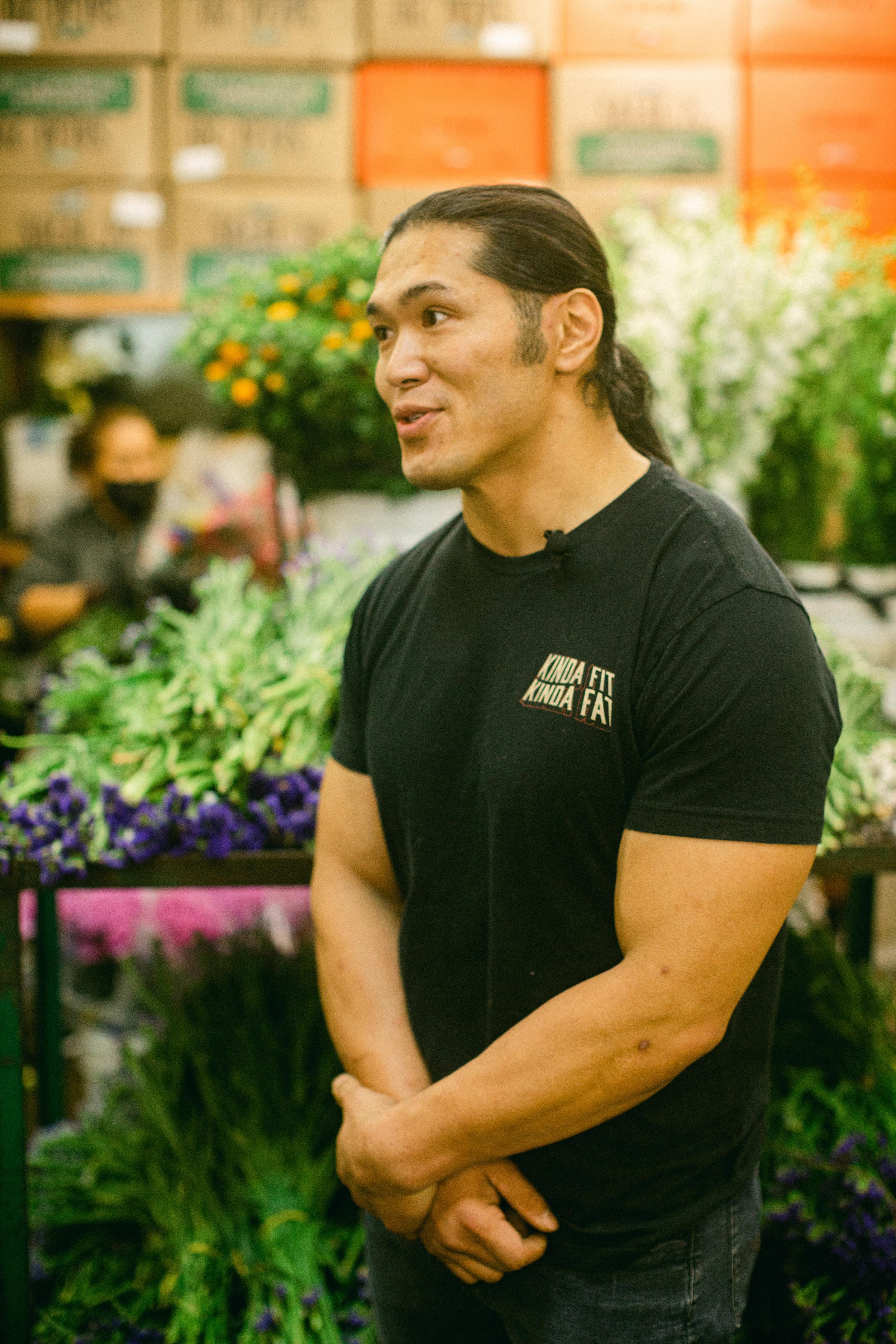
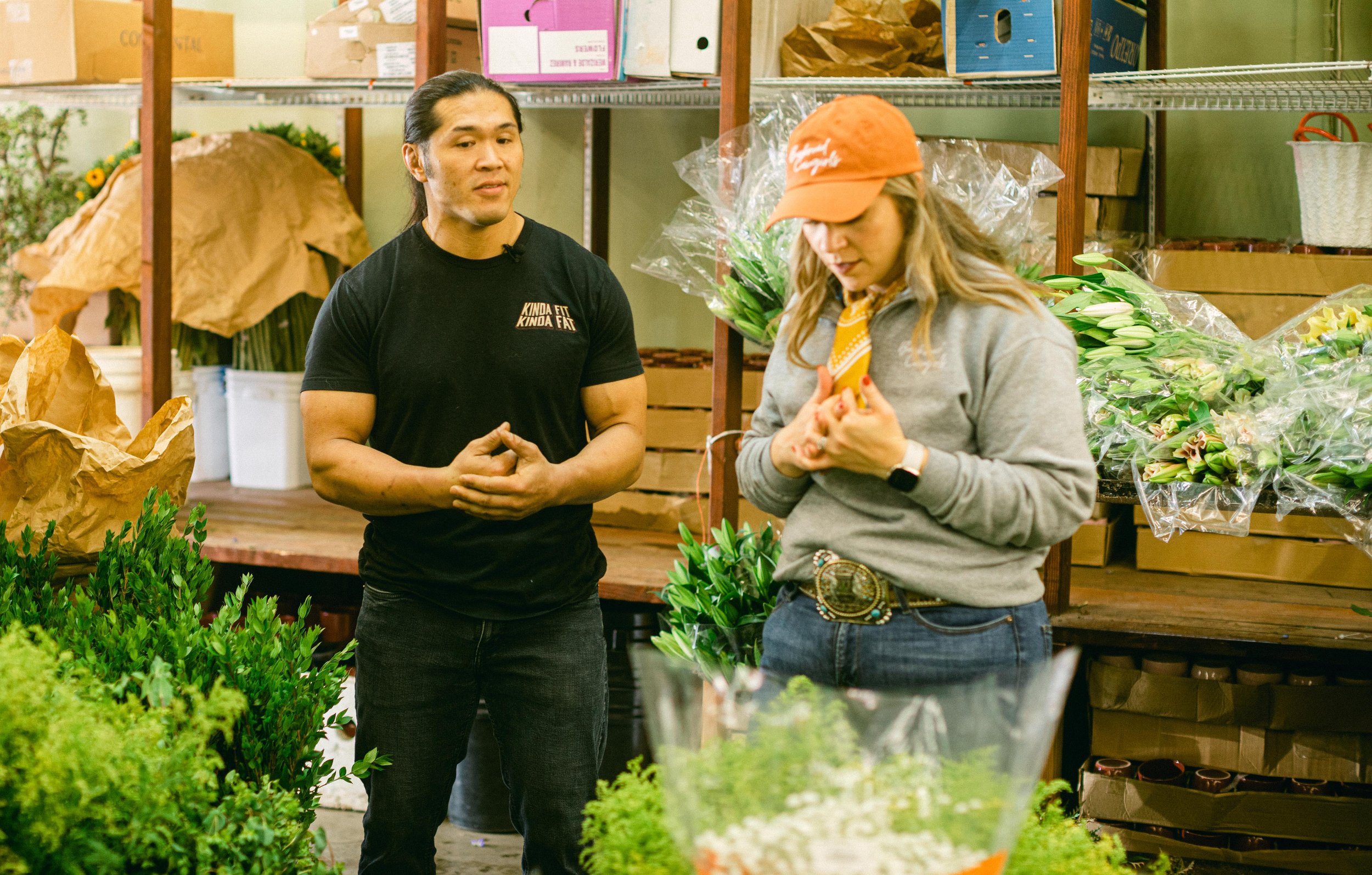


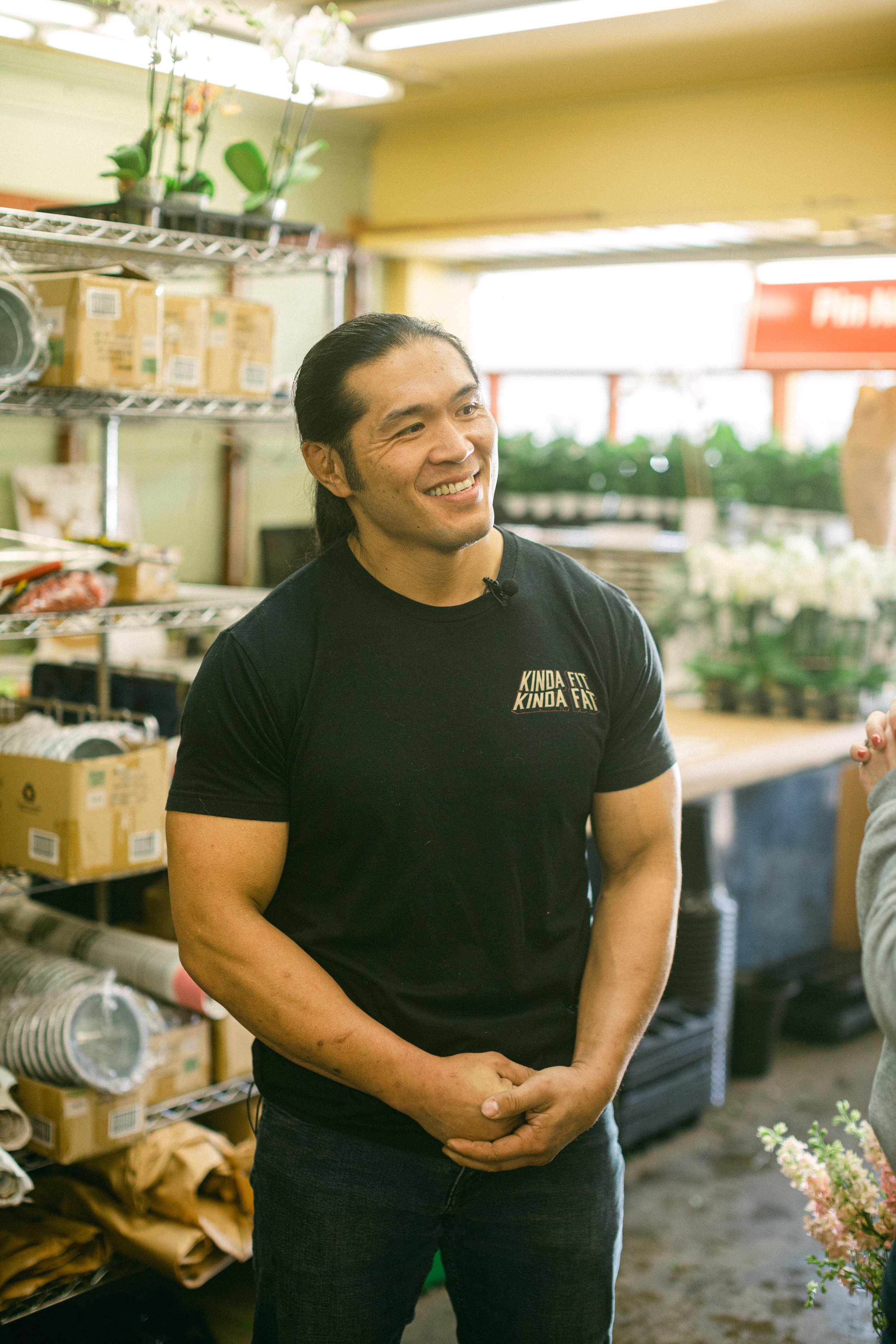
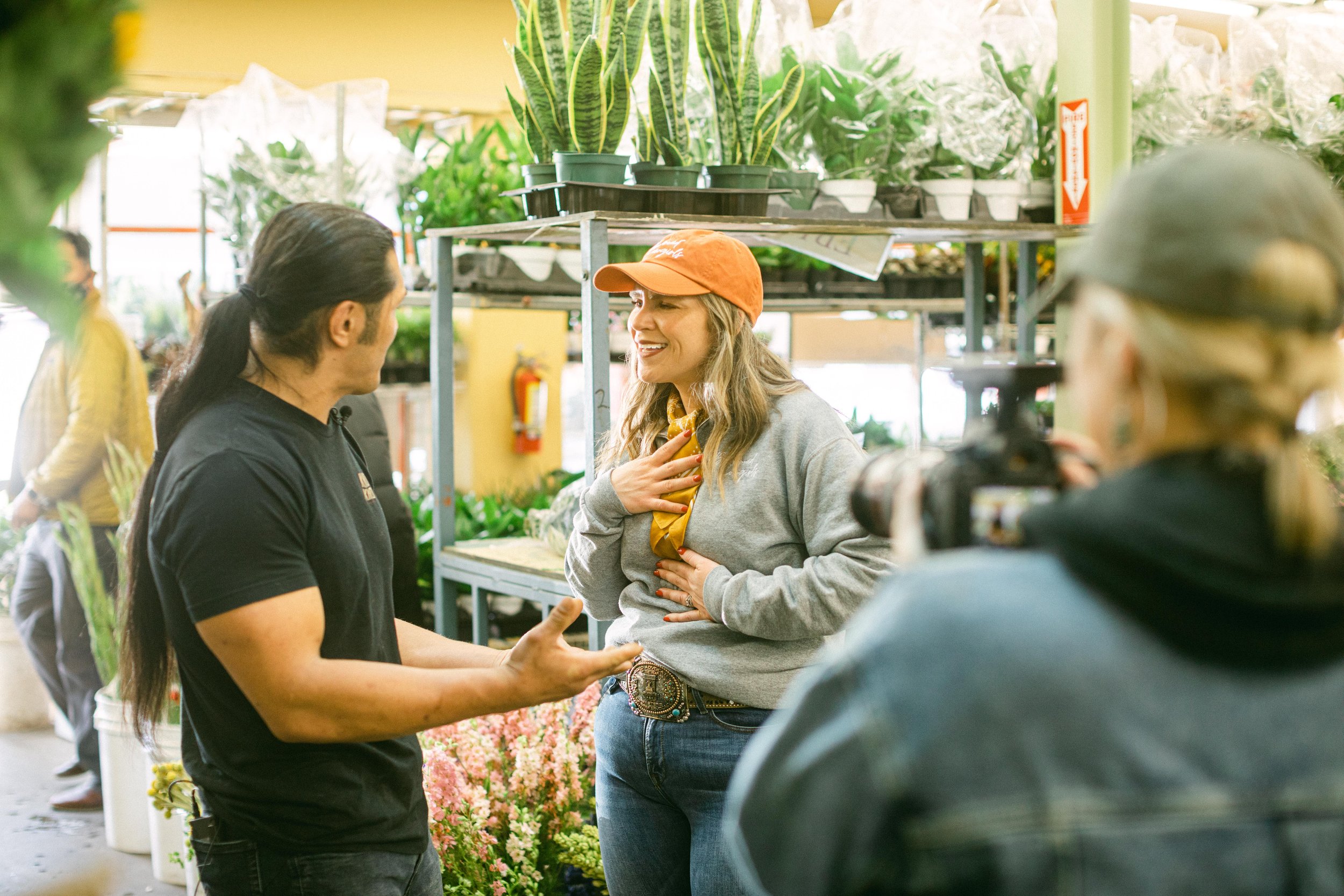
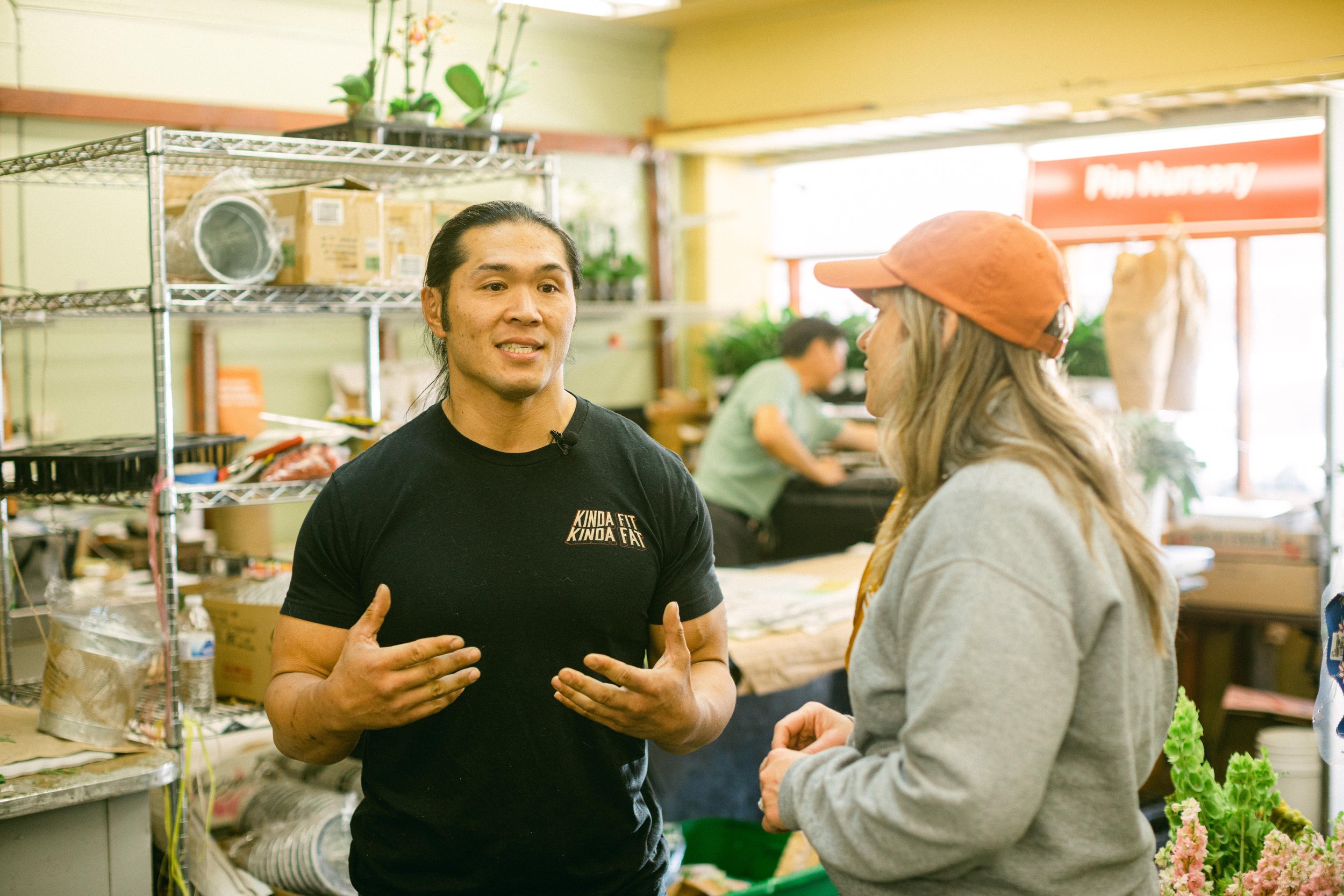
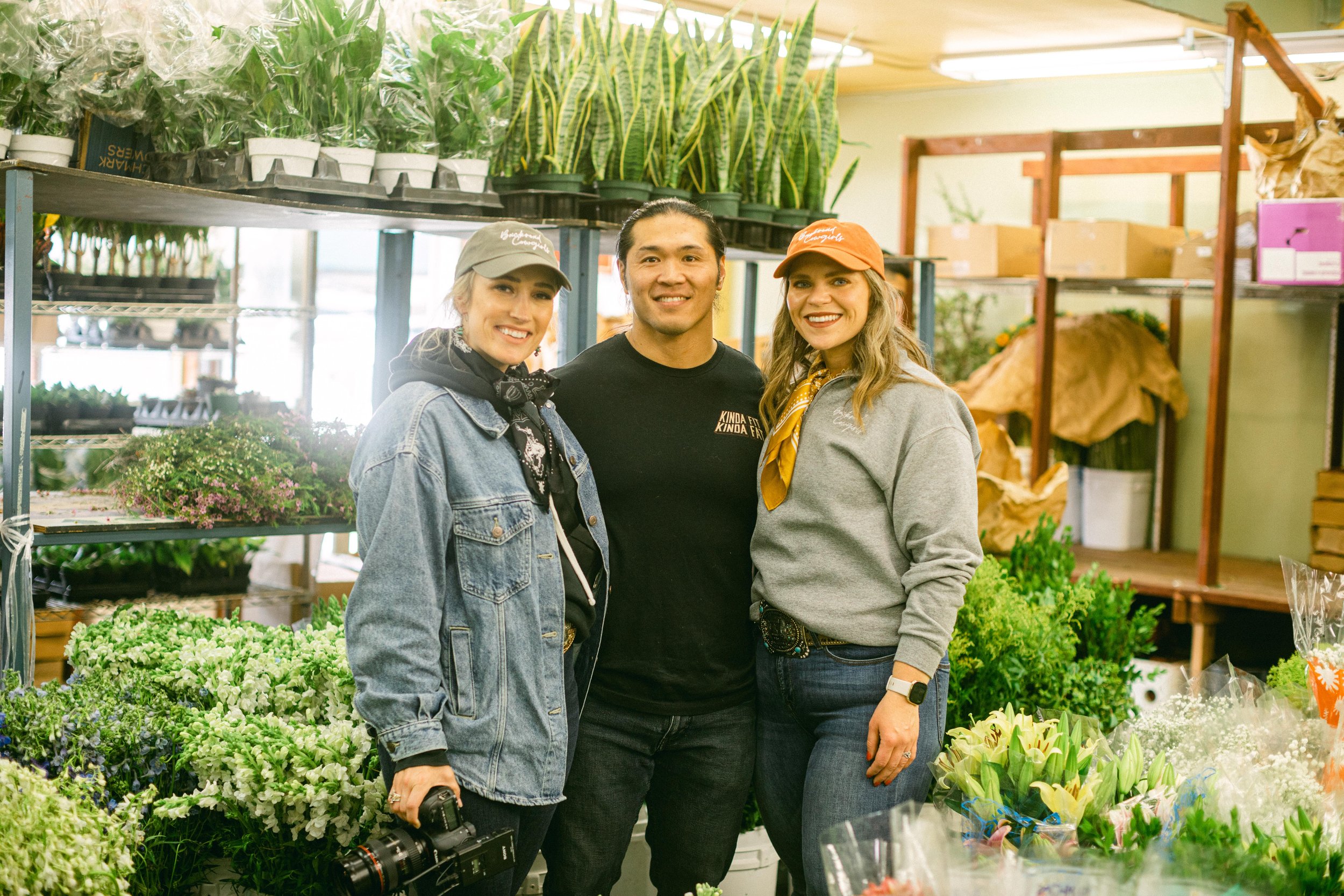

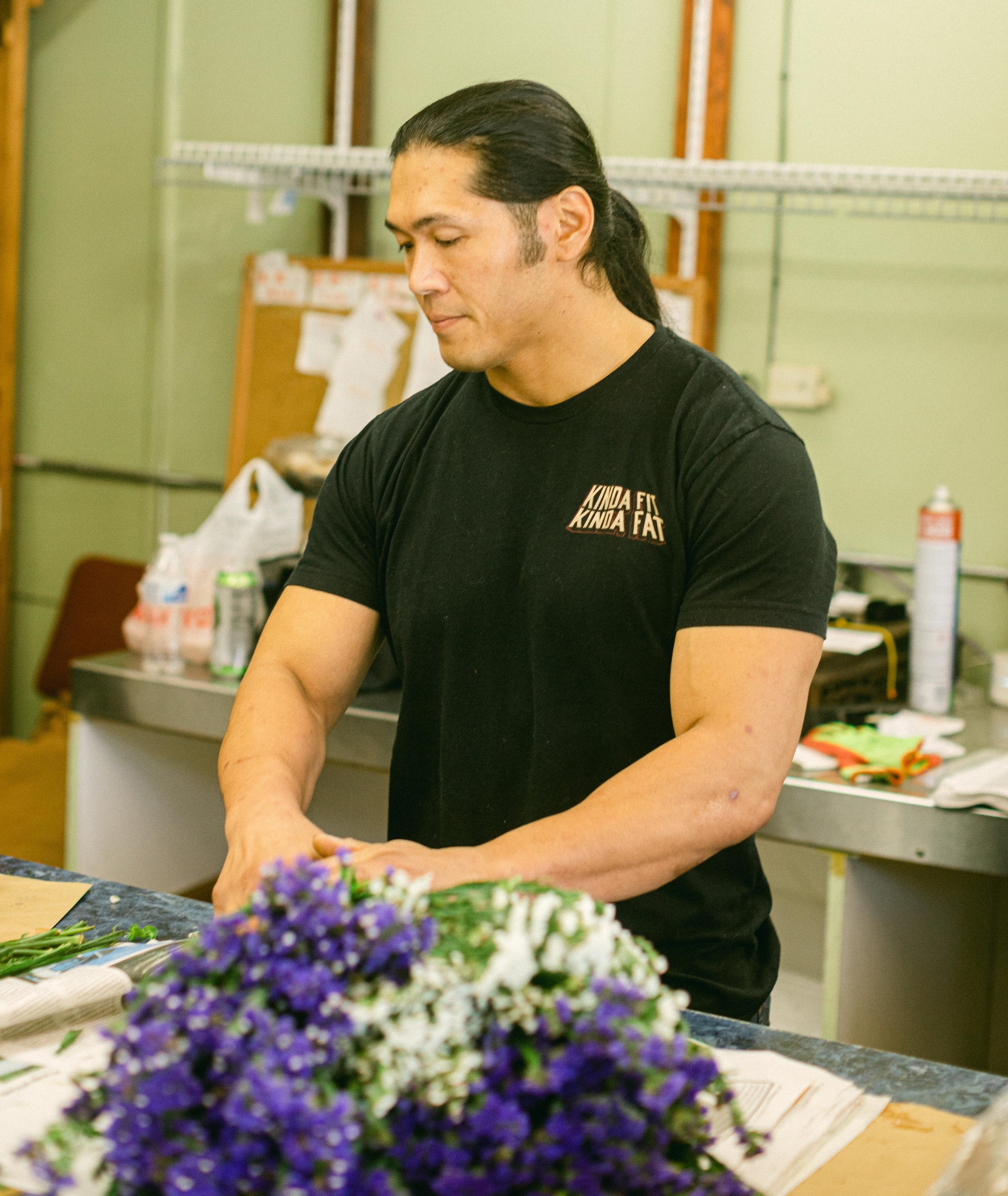
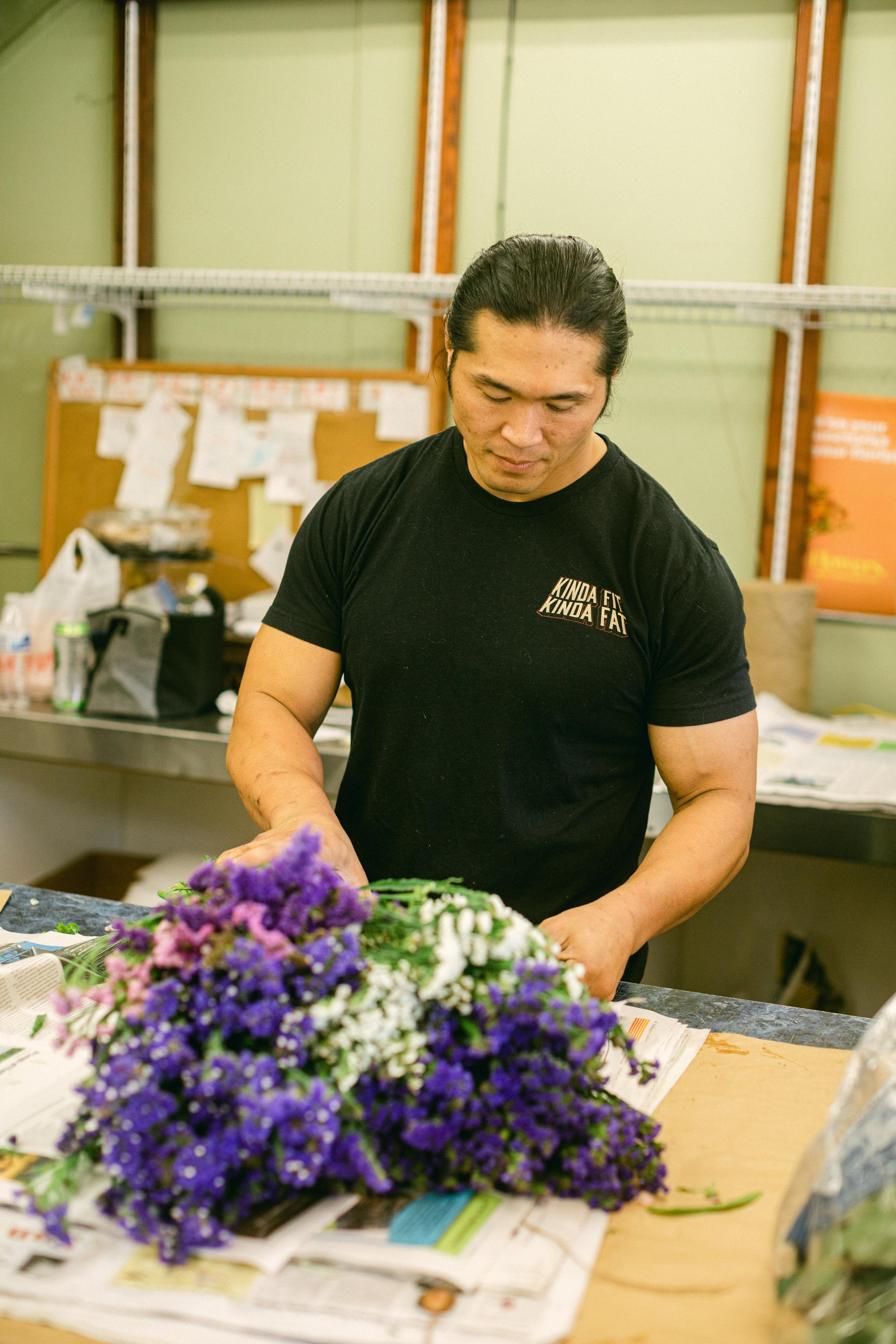

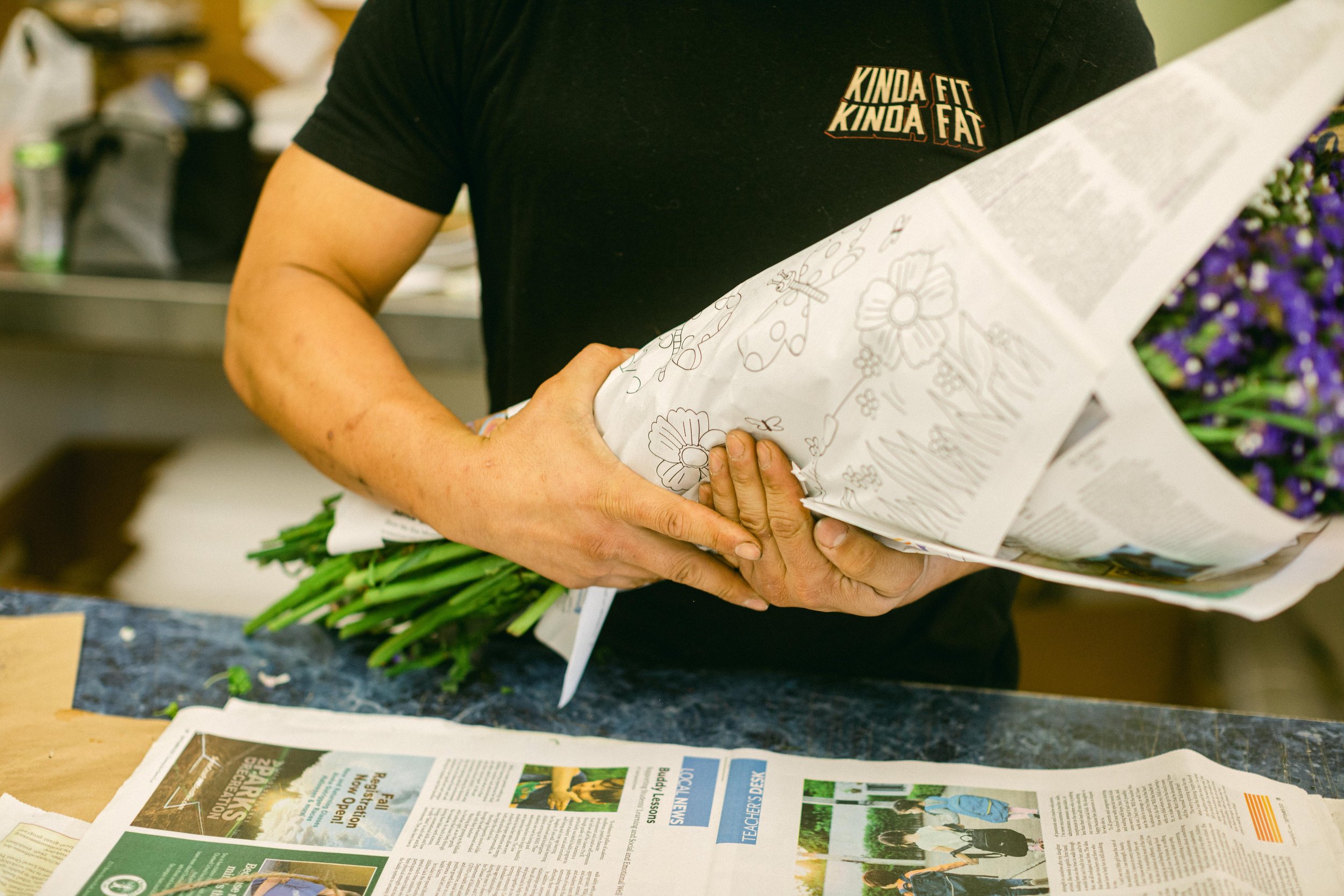
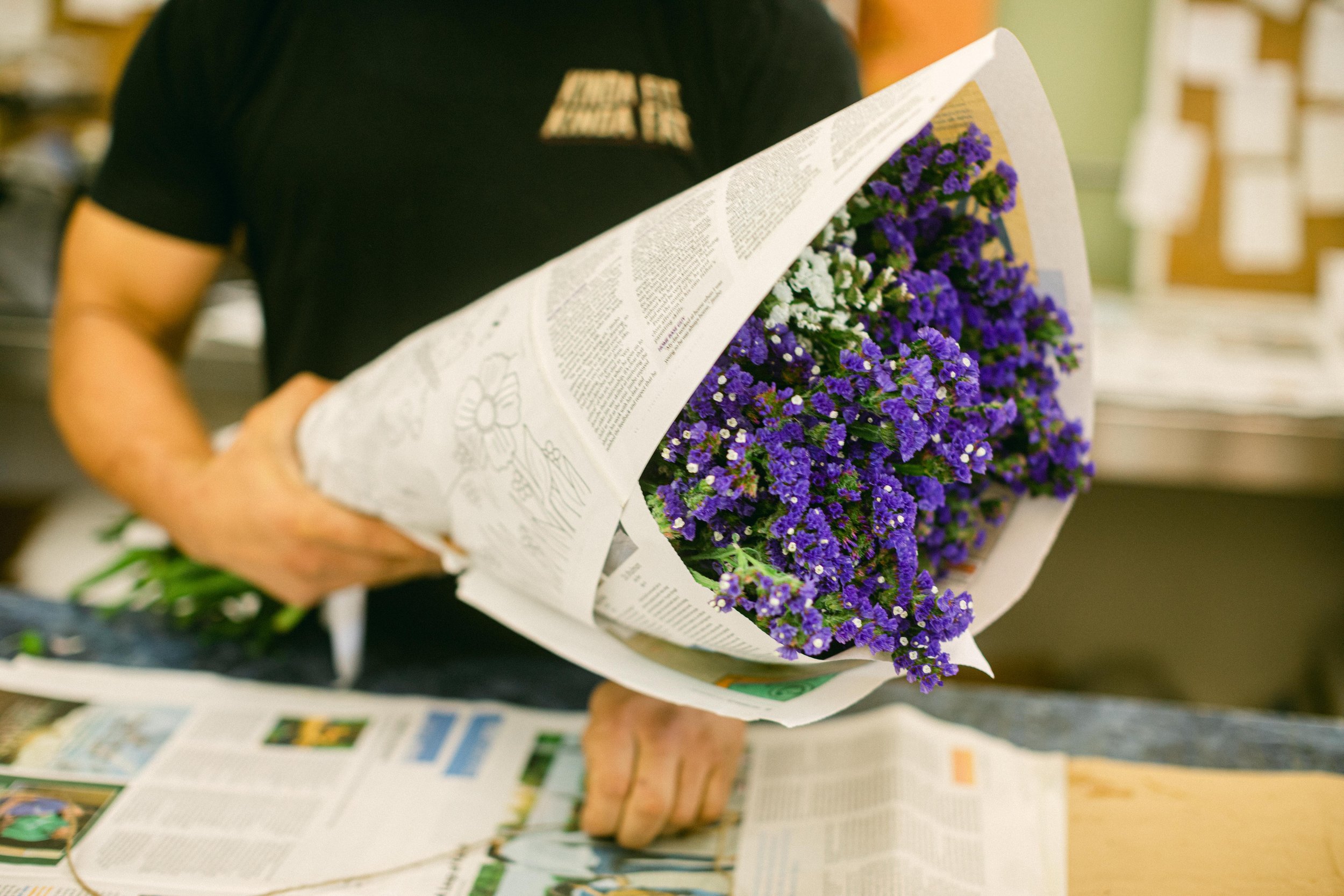
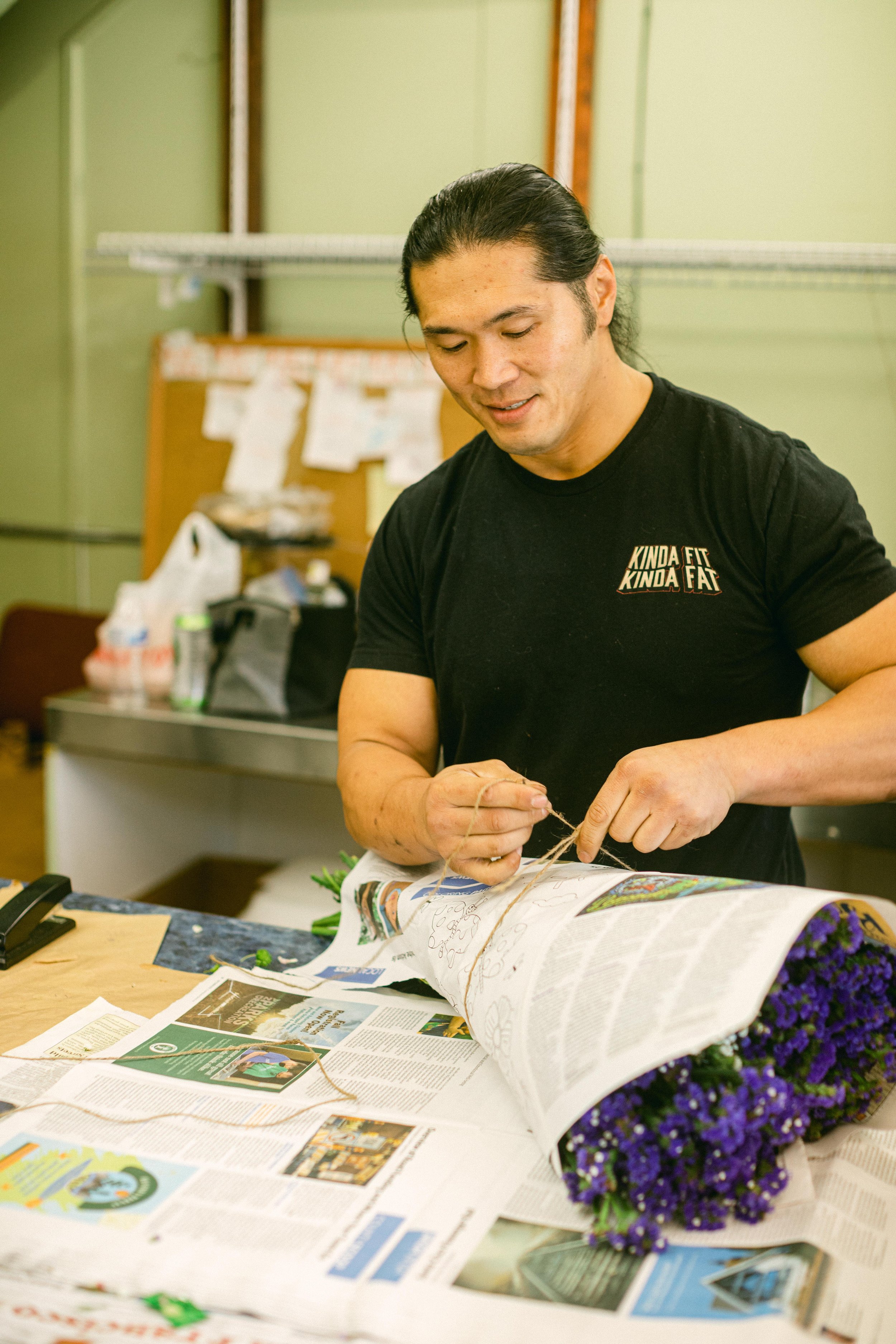

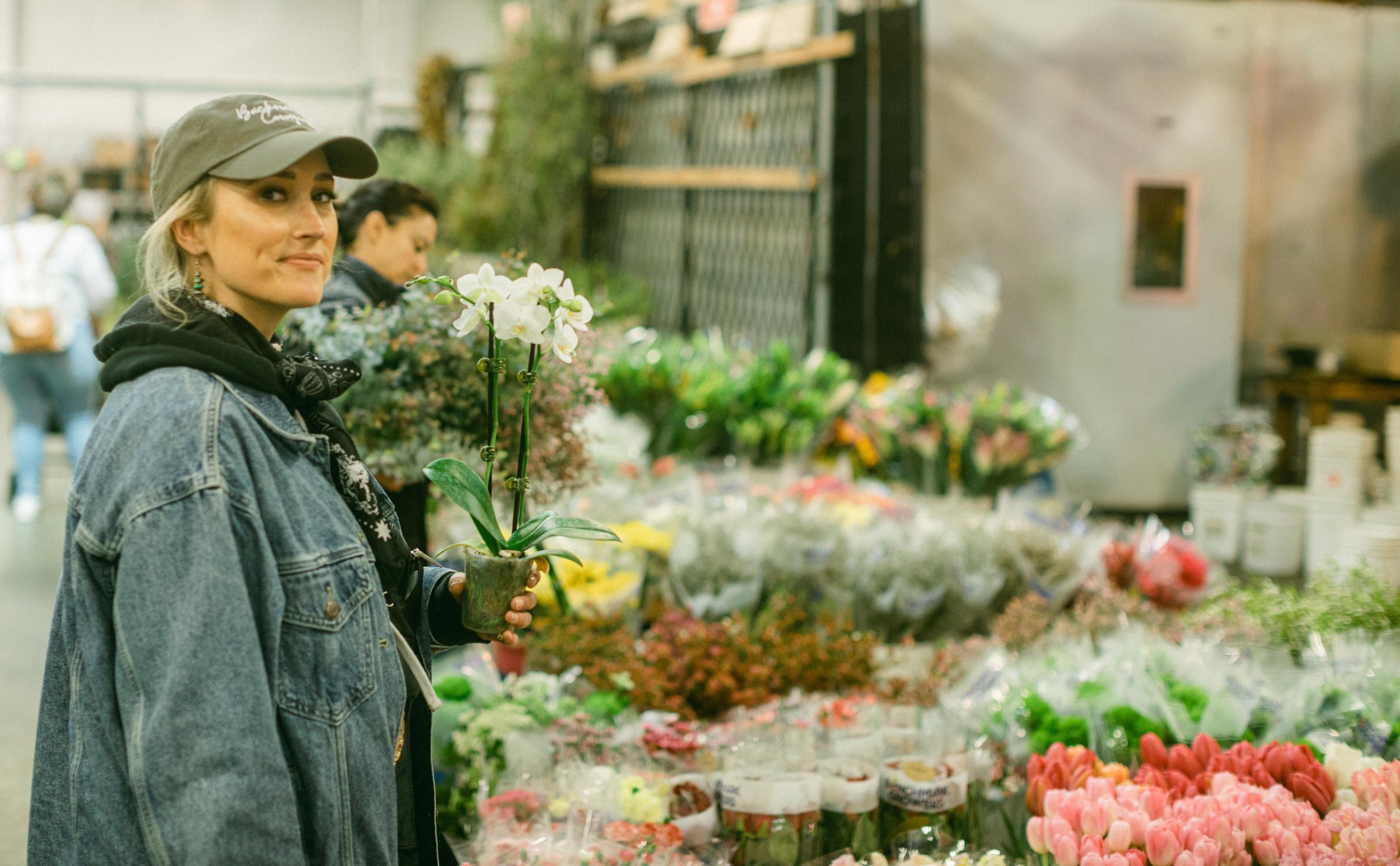
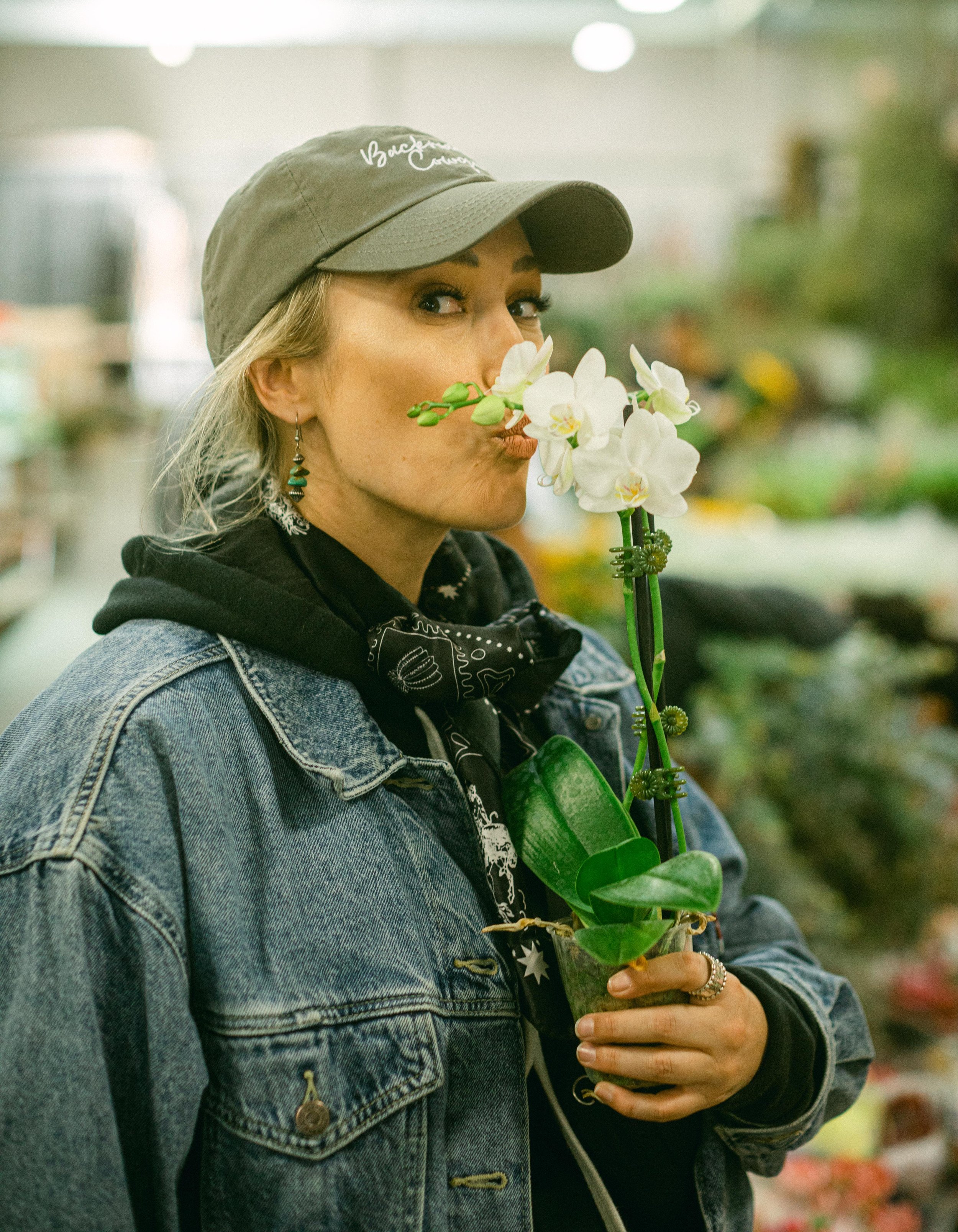
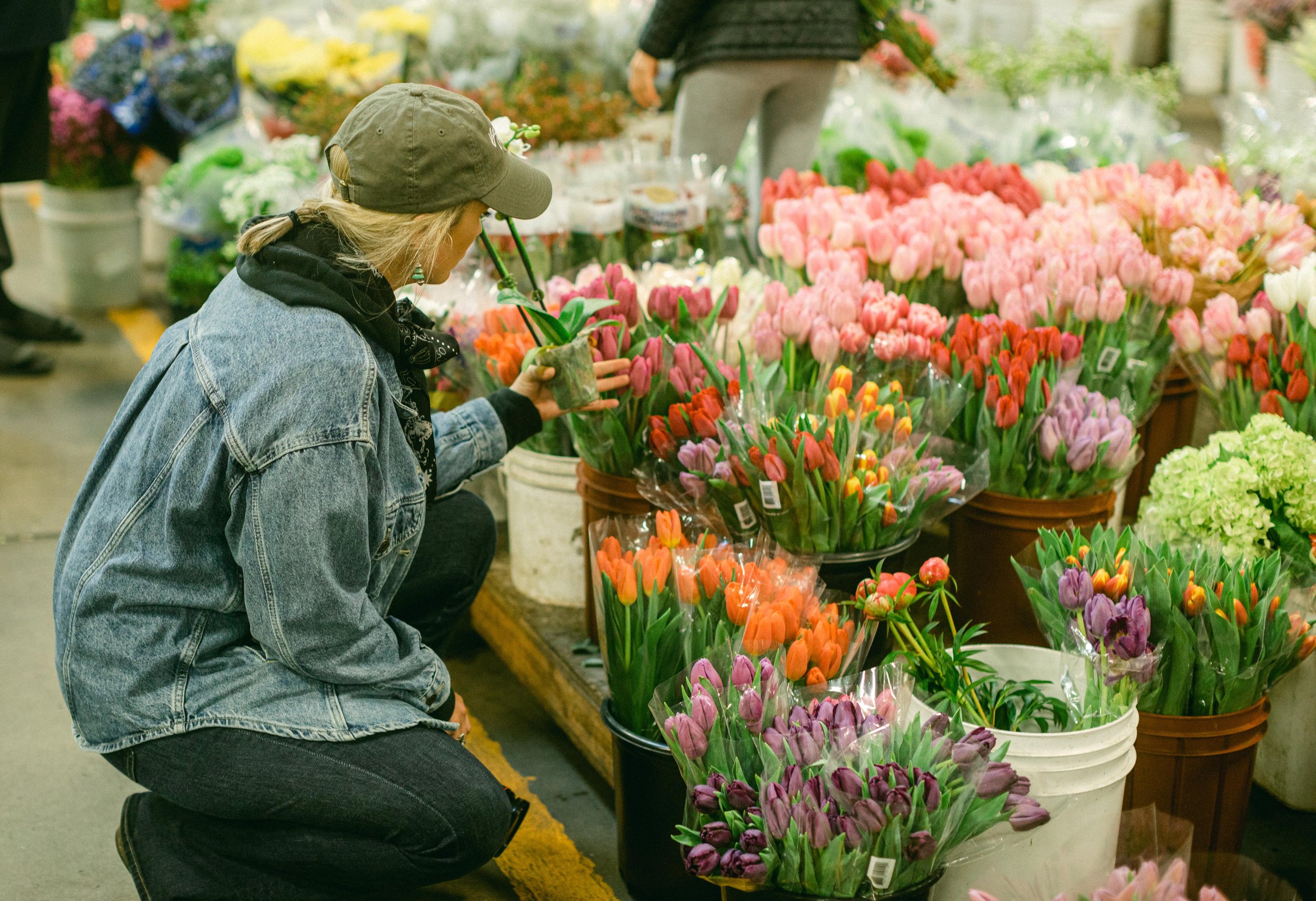
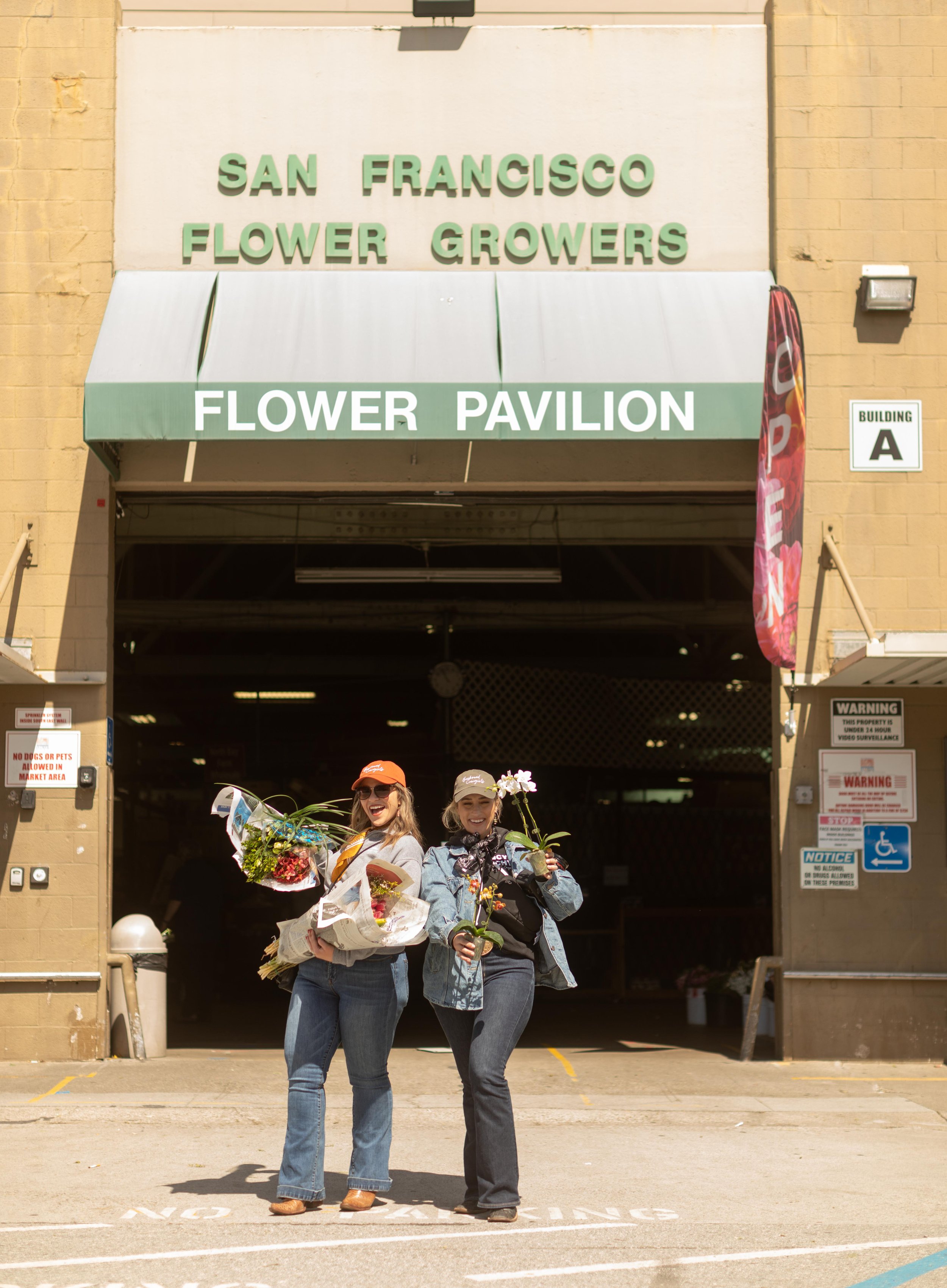
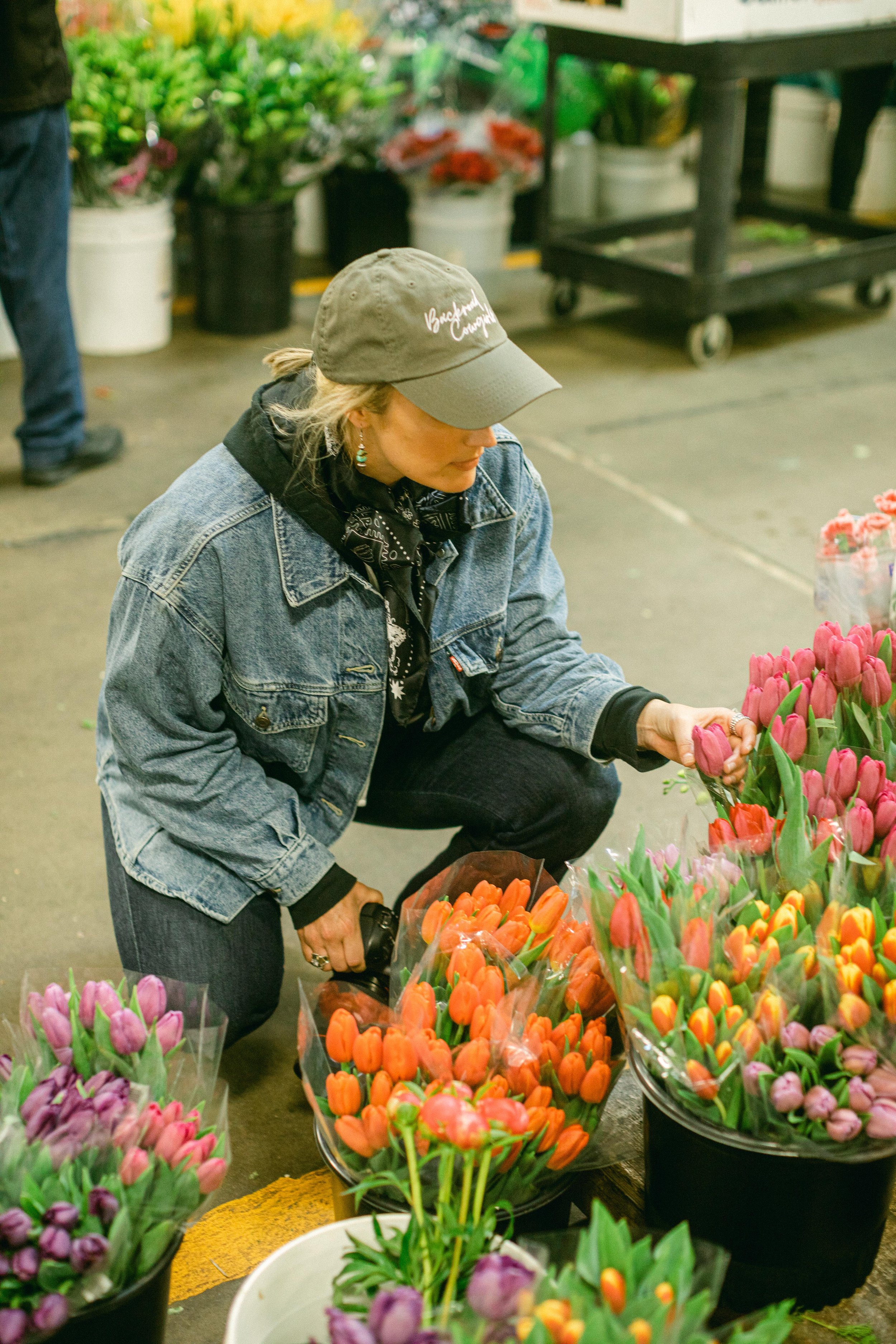
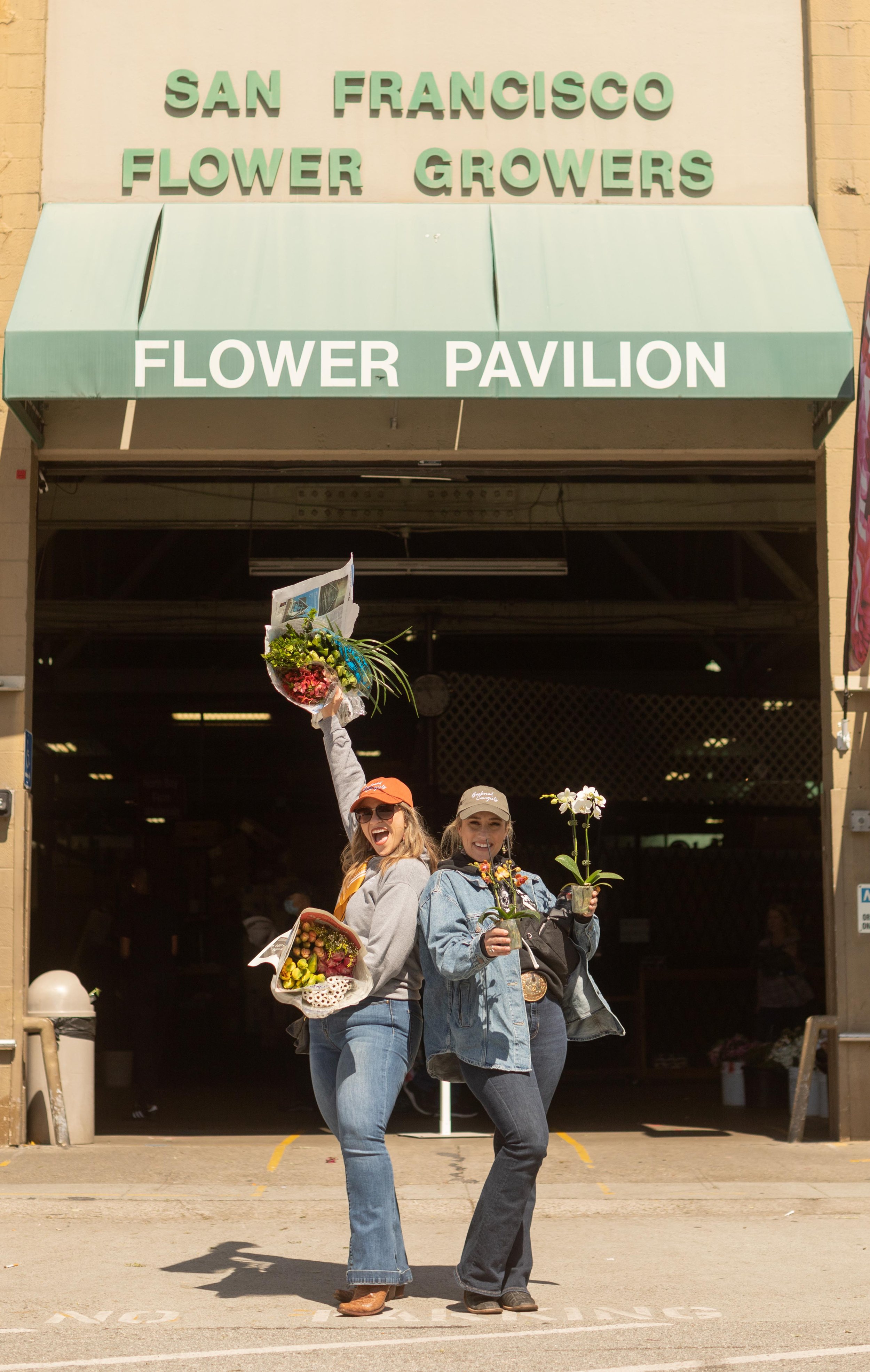
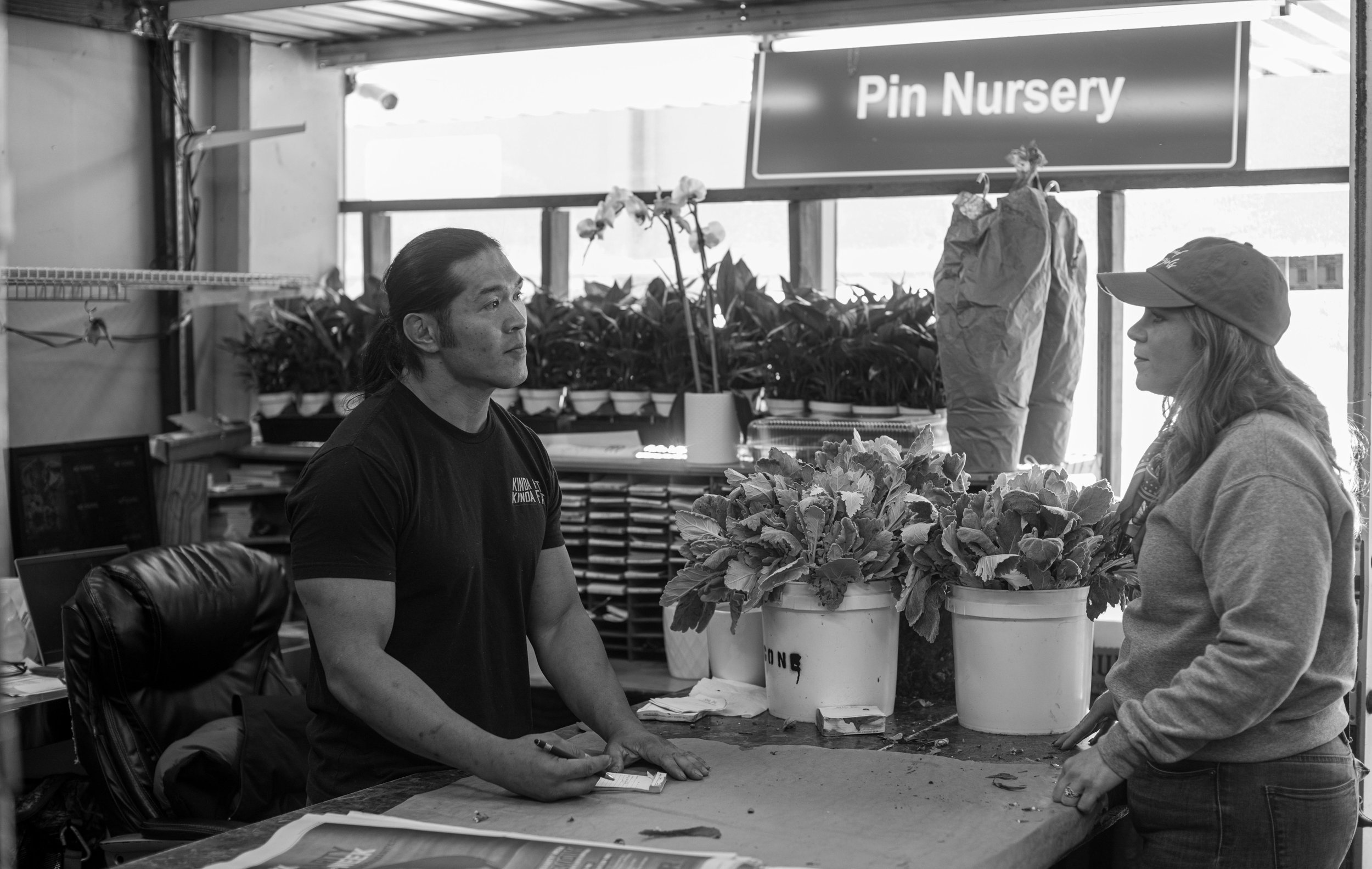
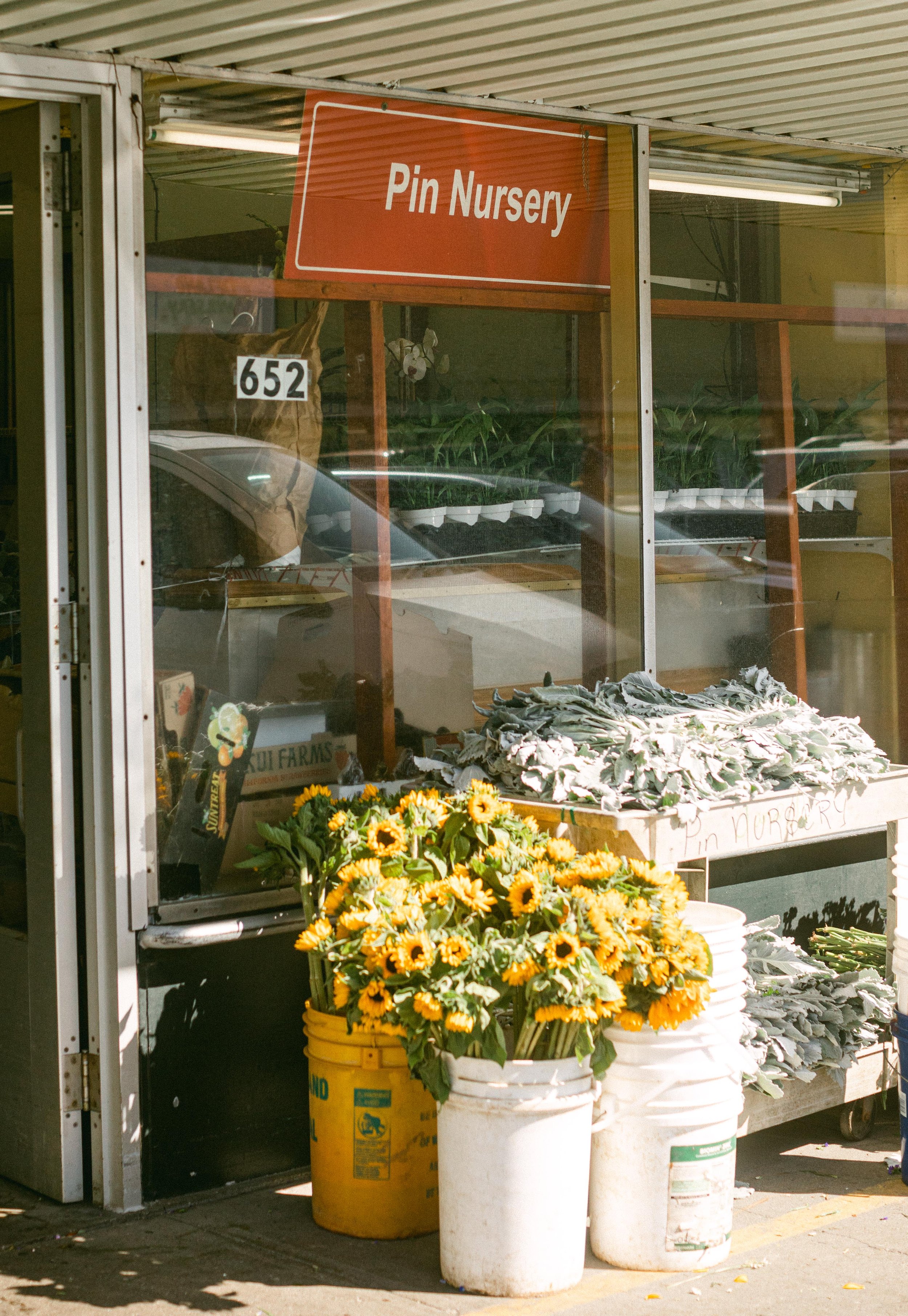
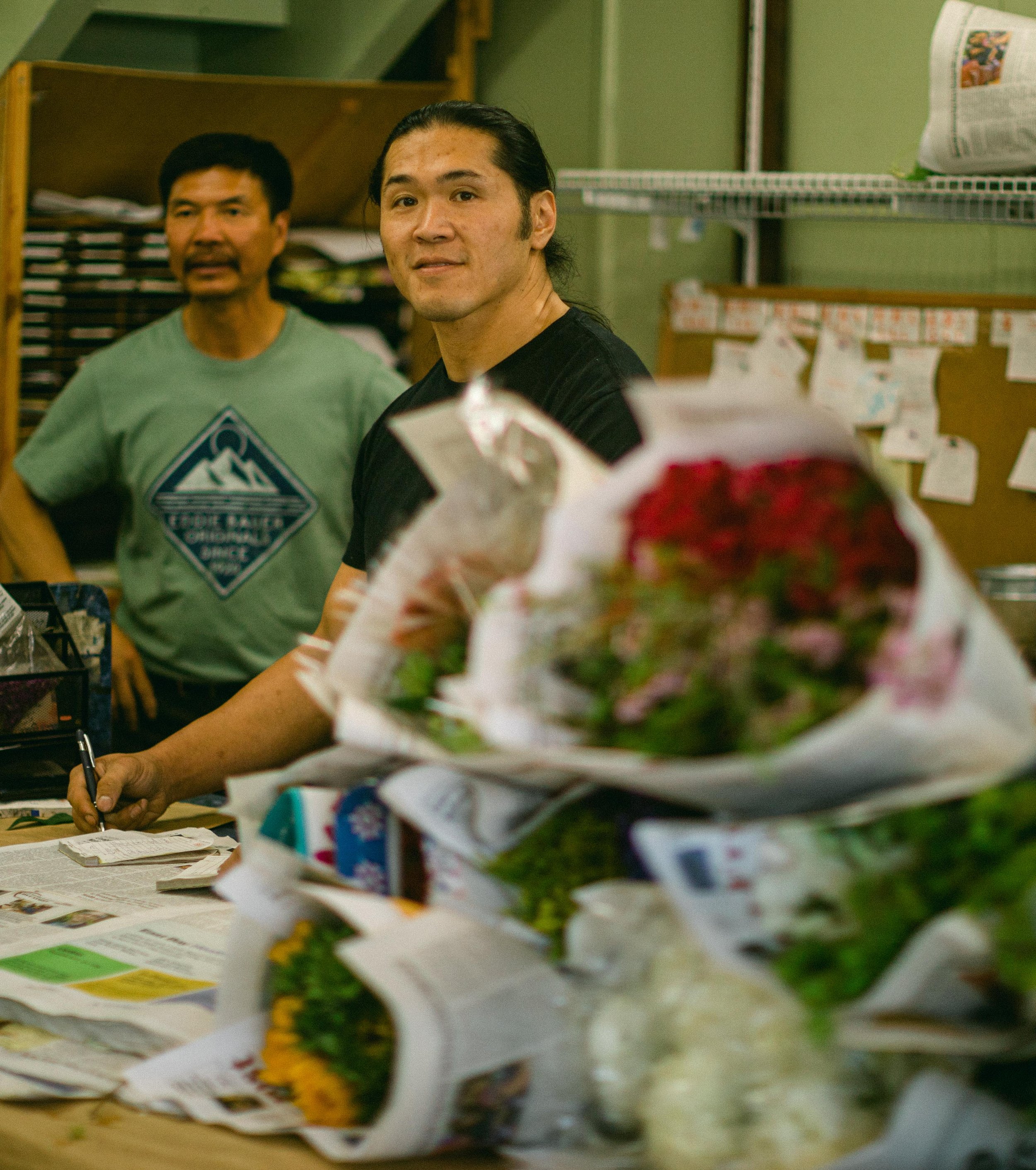
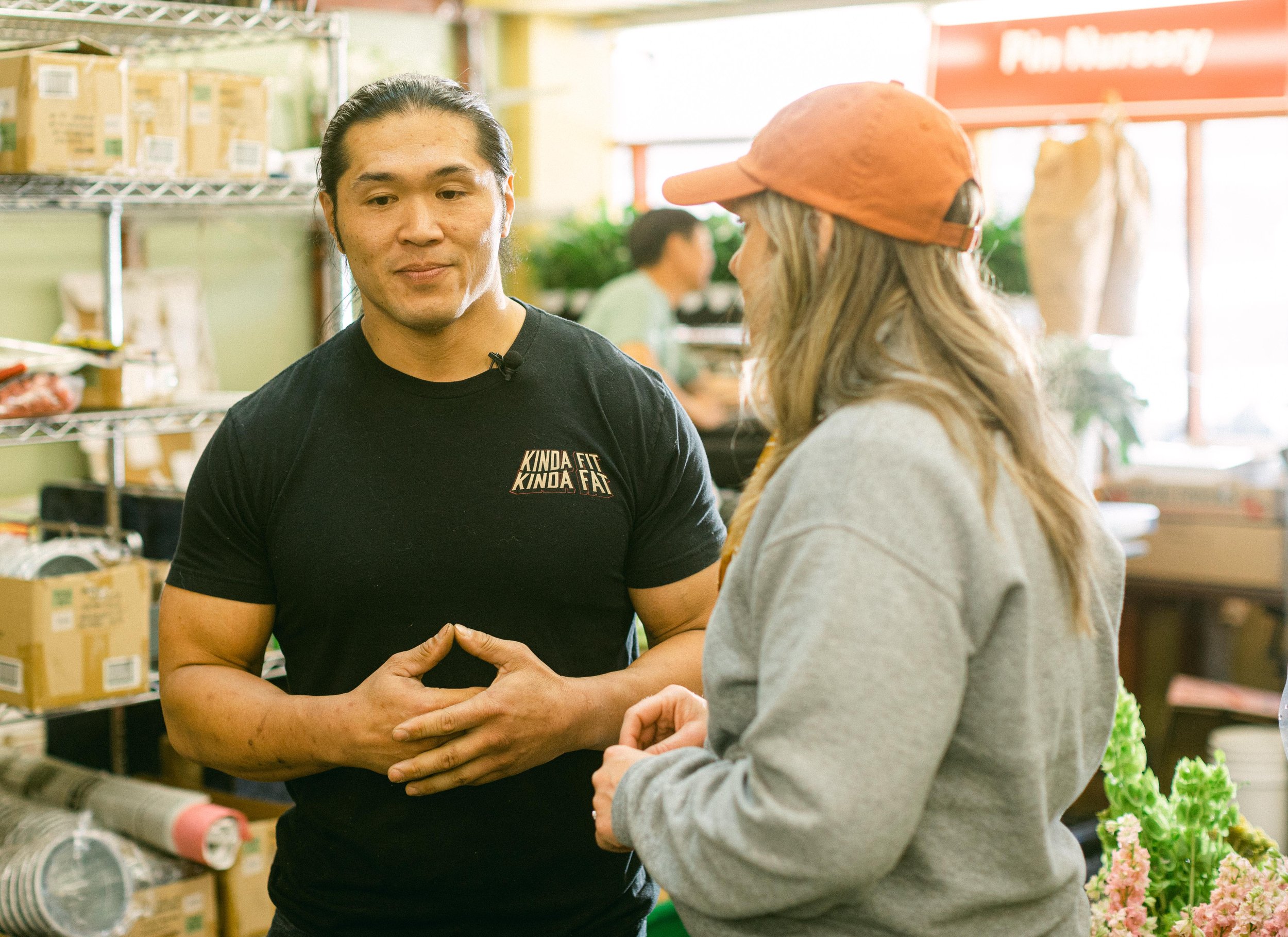
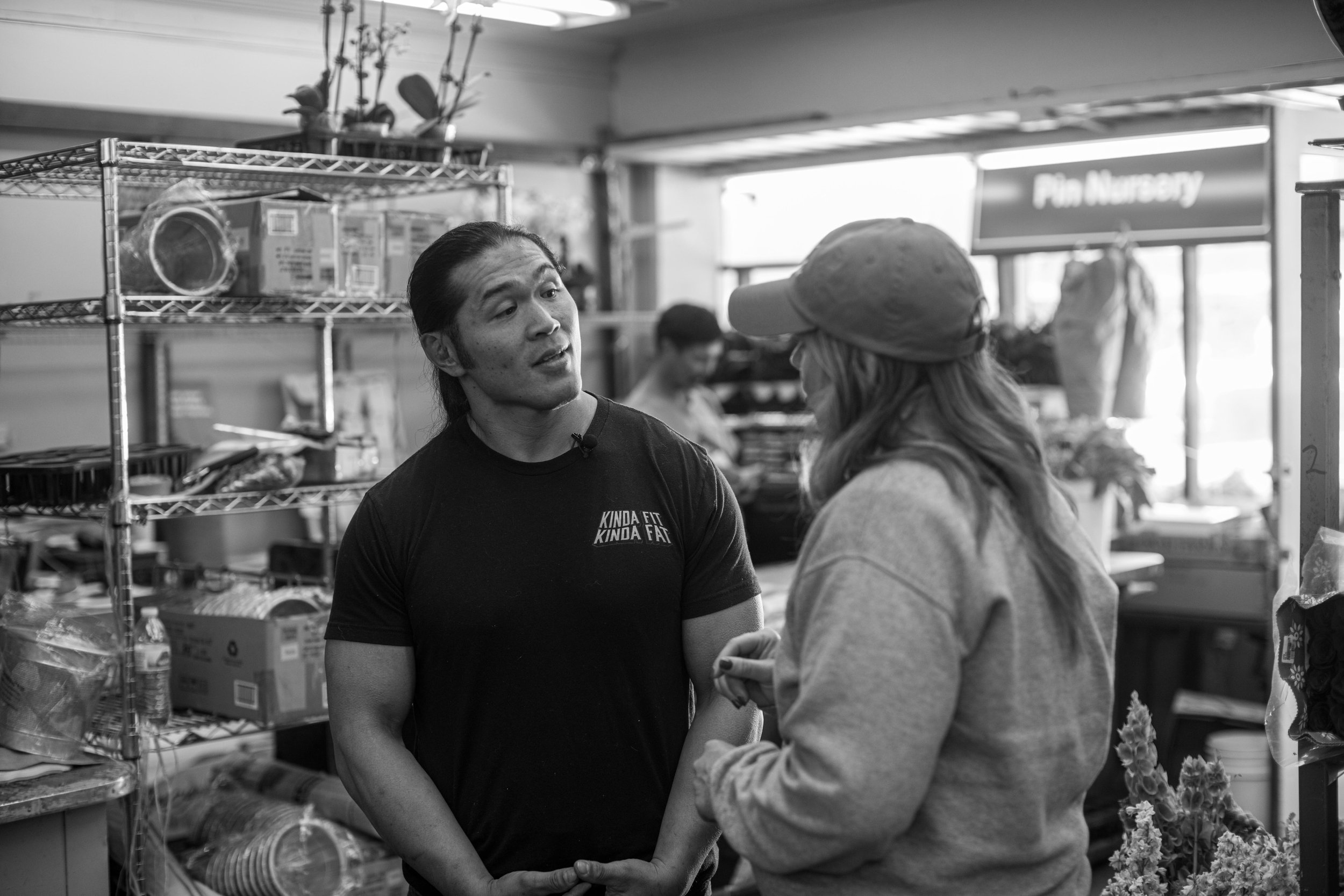
One van.
Two weeks.
Three cowgirls.
And more than 30 diverse faces of agriculture across the state of California.
When Court and Kiah first dreamed up the Backroad Cowgirls project over wine and pasta, they had two main missions. First, to share the diverse faces of agriculture and their stories like they’d never been seen before. And second, to have one hell of a time.
They are proud to report that both of those missions were accomplished in Season 1 of the digital series and they are just getting started.
Stay tuned for more exciting updates on what the Backroad Cowgirls are working on behind the scenes and prepare yourself for even more incredibly inspiring stories to come. Thanks to Simplot Grower Solutions there are HUGE things coming.
Season 1: Court & Kiah Take California






















